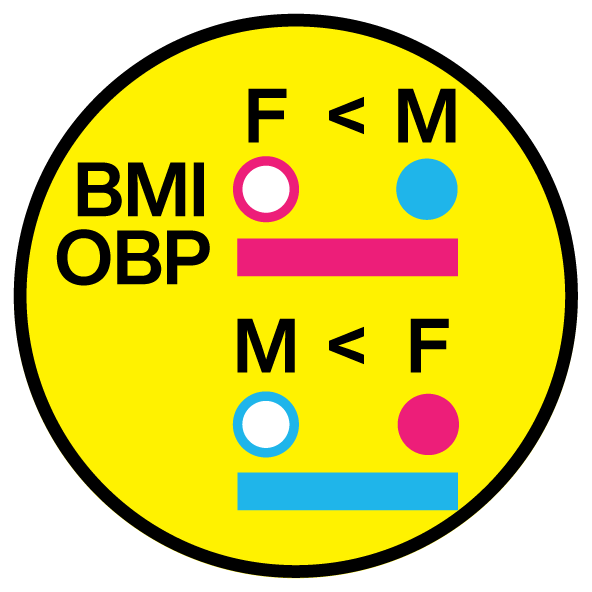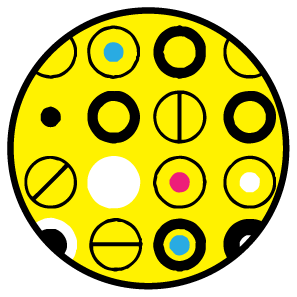Effective poster design for science communication
Guidelines to get you started and keep you going
contents
- 1 · Poster hospital
- 2 · My redesign process
- 3 · Case studies
- 3.1 · Sail effect in an ultra-low-vibration facility for STM. Day, J. et al.
- 3.2 · Homeostatic synaptic plasticity deregulation in the ALS cortex. Franquin, M. et al.
- 3.3 · Titanium nanopillars: a platform for stem cell differentiation for cell therapies. Das Ghosh, L. et al.
- 3.4 · A resource of healthy iPSC cell lines derived from the Personal Genome Project. Hildebrandt, M. et al.
- 3.5 · ATAC-Seq reveals differential chromatin landscape in dystrophin-deficient muscle stem cells. Saber, J. & Rudnicki, M.
- 3.6 · Molecular regulation of satellite cell fate switching. Feige, P. et al.
- 3.7 · Advanced age impairs self-renewal and biases fate choice of hair follicle dermal stem cells. Shin, W. et al.
- 3.8 · The role of mitochondrial OPA1 in satellite stem cell function and skeletal muscle regeneration. Baker, N. et al.
- 3.9 · In vitro matured ESC-derived cardiomycytes electrically couple and form improved intra-cardiac grafts in injured guinea pig hearts. Dhahri, W. et al.
- 3.10 · The use of liquid epoxy as a corrosion-resistant pipeline field joint coating for three-layer polyolefin mainline coating. Azimi, Y. et al.
- 3.11 · Wireless respiratory effort and body position monitoring system. Ezequiel, J. et al.
- 3.12 · Role of saltbush on free range layer farms. de Koning, C. & Singh, M.
- 3.13 · Feed refusal of laying hens — a case report. Ruhnke, I. et al.
- 3.14 · Ascaridia galli infection lowers egg production and mass but not quality. Sharma, N. et al.
- 3.15 · Are poultry exhibitors at risk of Avian influenza introduction? Hernandez-Jover, M. et al.
- 3.16 · Temperature distribution in Lake Kilpisjärvi, Finland. Graves, K.
- 3.17 · TET2/3-dependence of vitamin C-induced epigenomic alterations in acute myeloid leukemia. Wong, J. et al.
- 3.18 · Childcare provider characteristics and structural support are key drivers in implementing active play standards in child care. Buckler, E.J. et al.
- 3.19 · Examining school hour diet quality among Canadian children. Tugault-Lafleur, C.N. et al.
- 3.20 · Qualitative and quantitative Cdk control of the budding yeast cell cycle. Ercan, D.P. & Uhlmann, F.
- 3.21 · Engineering a specific antibody for Usutu virus. Schoenenwald, A.K. & Skern, T.
- 3.22 · Structural studies of the putative ergosterol transporter NCR1. Winkler, M.B.L. et al.
- 3.23 · Phenylalanine hydroxylase regulation in health and disease. Flydal. M.I. et al.
- 3.24 · Microstructural analysis of the protein-DNA interactions at the emergence of the spontaneous point mutations in DNA. Brovarets' O.O. & Hovorun D.M.
- 3.25 · Sequence determinants of secondary nucleation. Kalyani, S. et al.
- 3.26 · Real-time imaging of live cell membrane using laser trapping, reflectance confocal microscopy, and multiphoton fluorescence microscopy. Tian, Y. et al.
- 3.27 · Characterization of alternative 3'UTR mRNA polyadenylation site-selection in human cancer. Tortora, D. et al.
- 3.28 · Phenotype-driven analysis of human phosphoproteomes. Needham, E.J. et al.
- 3.29 · Are butterfly communities becoming more generalist? Lewthwaite, J. & Moores, A.Ø.
The poster hospital is a place where posters get a prescription and are sent home to convalesce on their own. Here, you will find an à la carte offering of their symptoms and corresponding cures.
Scientific communication must present the story clearly and concisely: honor content, maintain connections between themes and avoid undue focus on relationships that are less important or imply ones that do not exist. This truism is often not true of talks, posters and publications.
Each redesign focuses on illustrating effective ways to use color, typography, alignment, tables, and data visualization. The redesigns are sketches and teaching tools—most redesigns have placeholder text and use original figures or approximate the original data.
I am grateful to the original authors who participated in my workshops and submitted their work for redesigns. The redesigns sample across a wide range of disciplines and make absolutely no statement about the science.
The poster is about an experimental apparatus and, specifically, the inertia block and pneumatic isolators. The redesign has both of these items as very first thing (top left) the readers sees—get to the point as fast as possible.
A color theme is quickly established: the block is green and the isolators are magenta—notice how the block is also green in the spring diagram. These are the only colors on the poster (except the rainbow encoding of acoustic waves, which I've tucked away at the bottom).
Diagrams are labeled intuitively (e.g. B = block, F = foundation) and called out in the body of the text. Avoid cramming labels in a diagram where routing callout lines is complex. Yellow is excellent for labels like this—the color stands out and does not interfere with the green/magenta scheme.
Graphs are aligned in a single column and axes are not shown in favour of emphasis on the data. Arrangement of text around the plots establishes a grid layout, so further containing the plots is not necessary—negative space and groupings implied by alignment are doing this job.
There is no heading for conclusion or observations. Instead, right far right of the poster serves to present these in a slightly larger text.
The main conclusion is treated as a heading and separated from individual conclusions with a double line.
Text dividers do not need to span the full length of a line.
Avoid bullet points or numbering of sentences—these are almost always superfluous and merely add clutter.
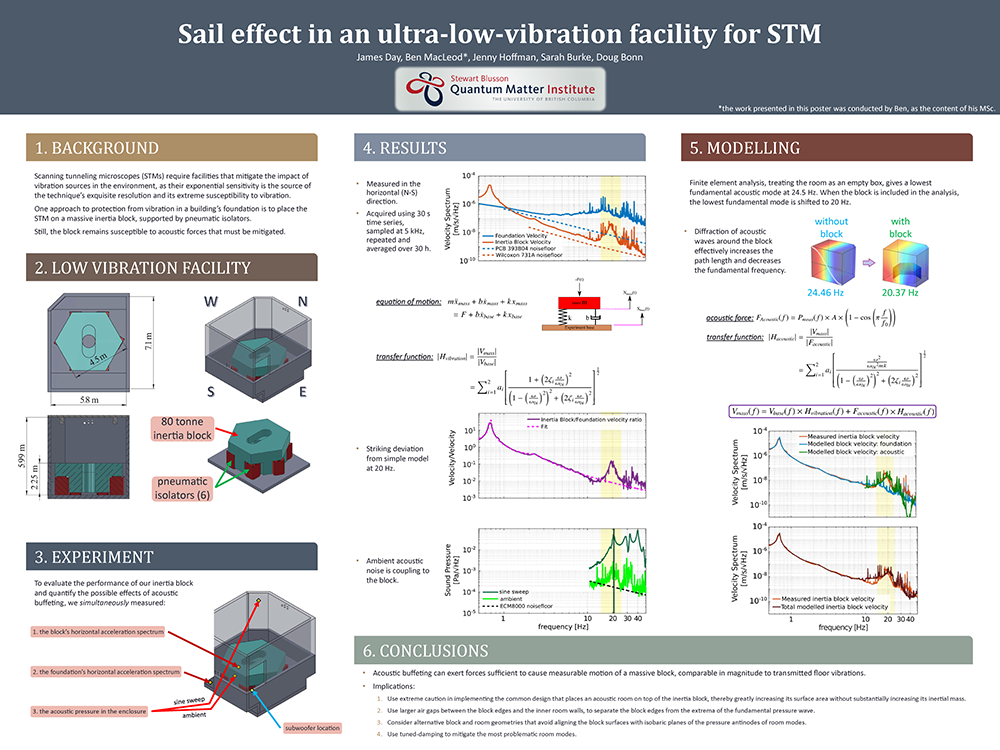
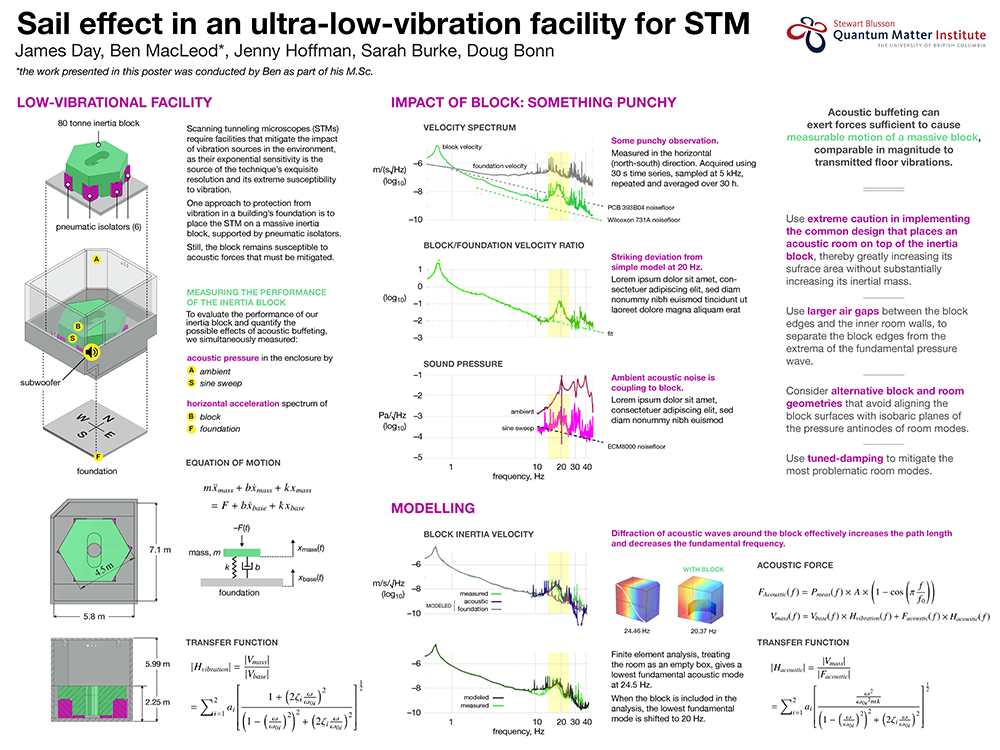
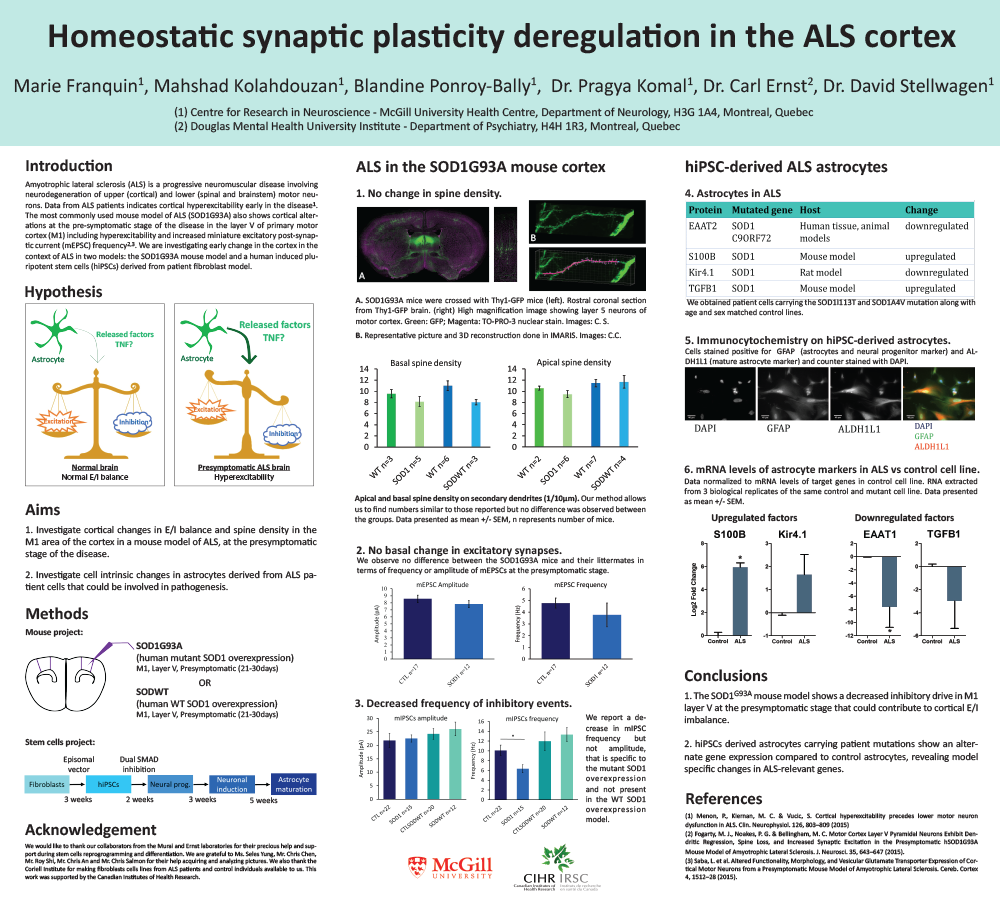
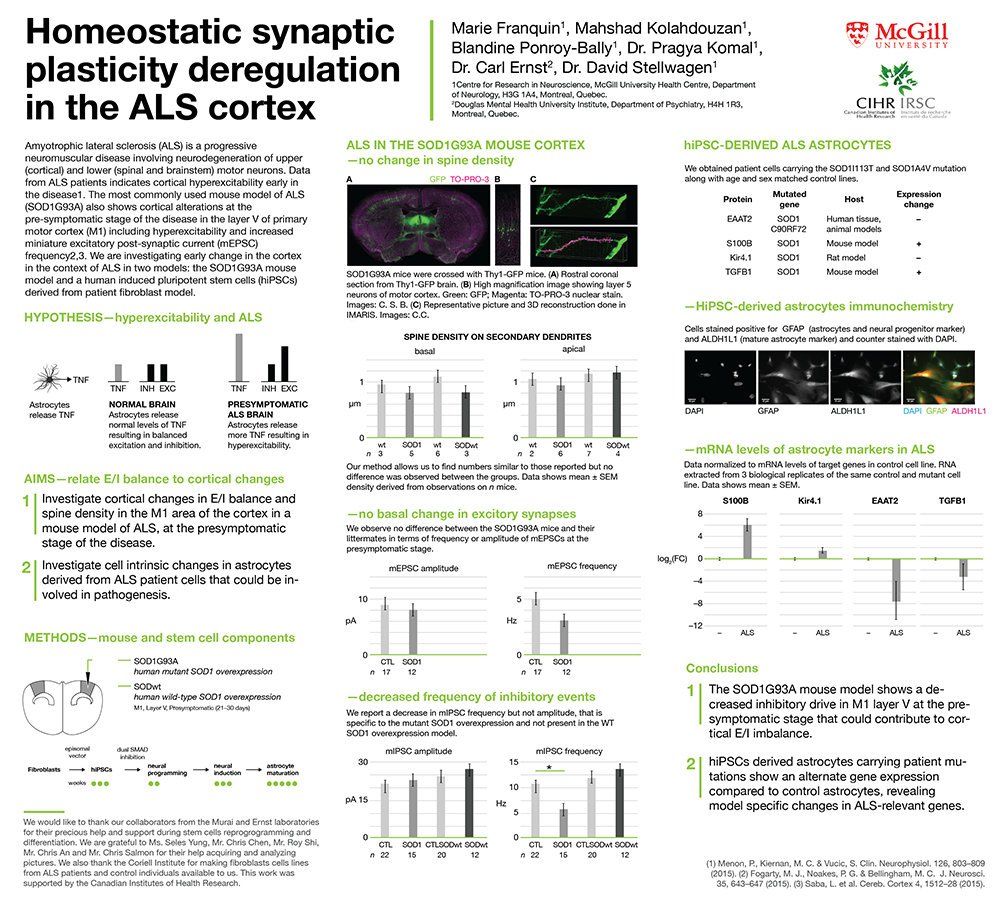
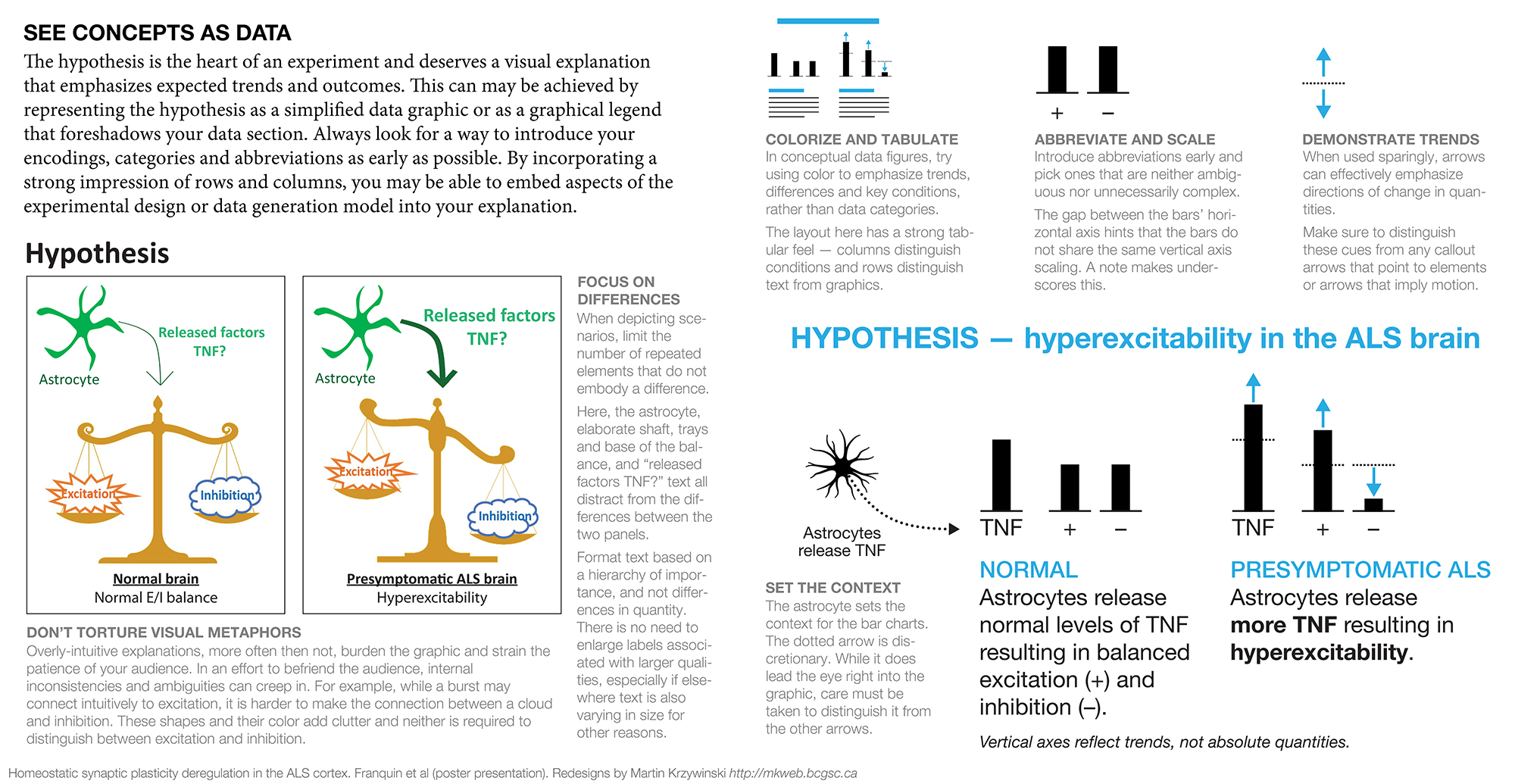
3.3 · Titanium nanopillars: a platform for stem cell differentiation for cell therapies. Das Ghosh, L. et al.
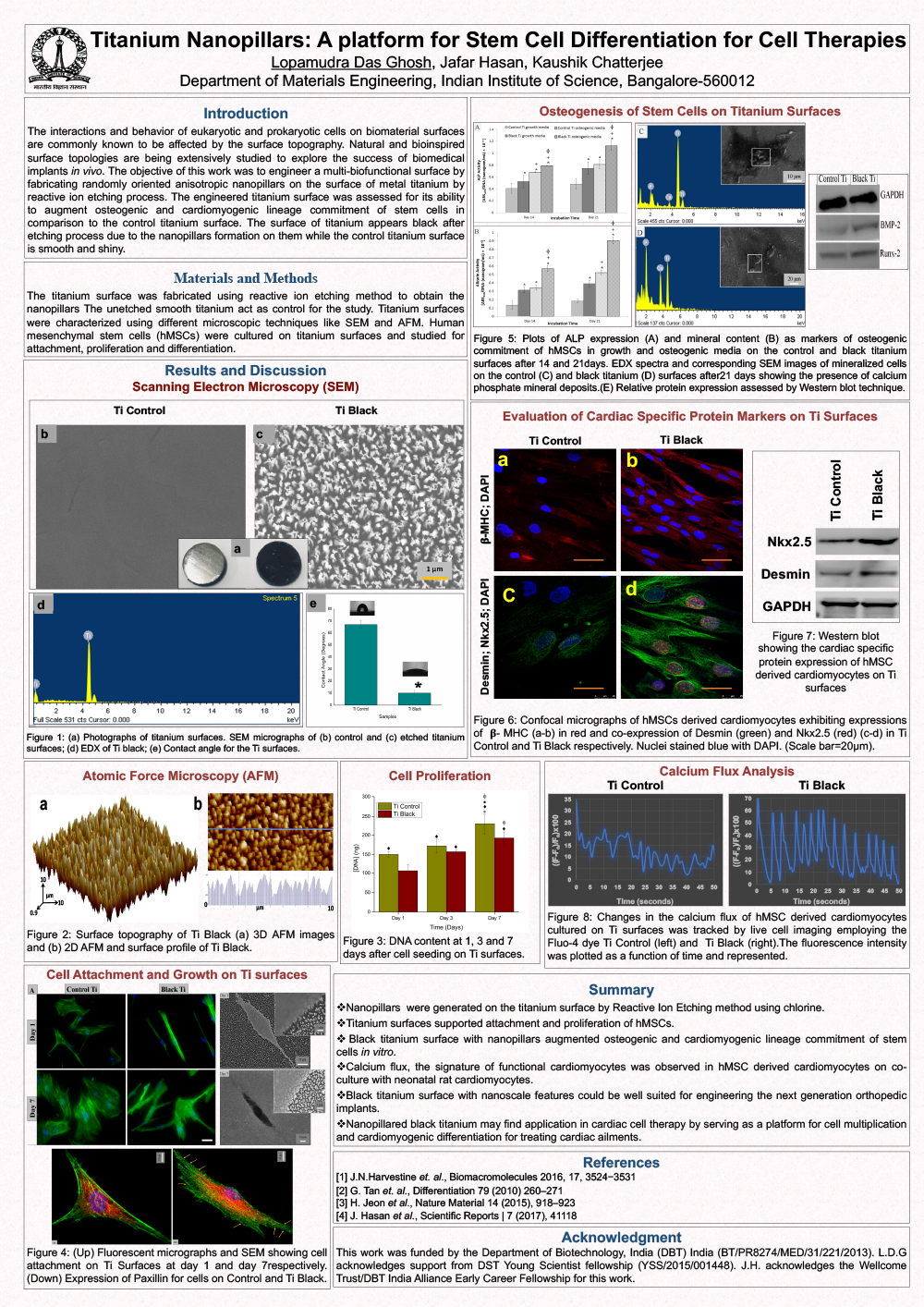
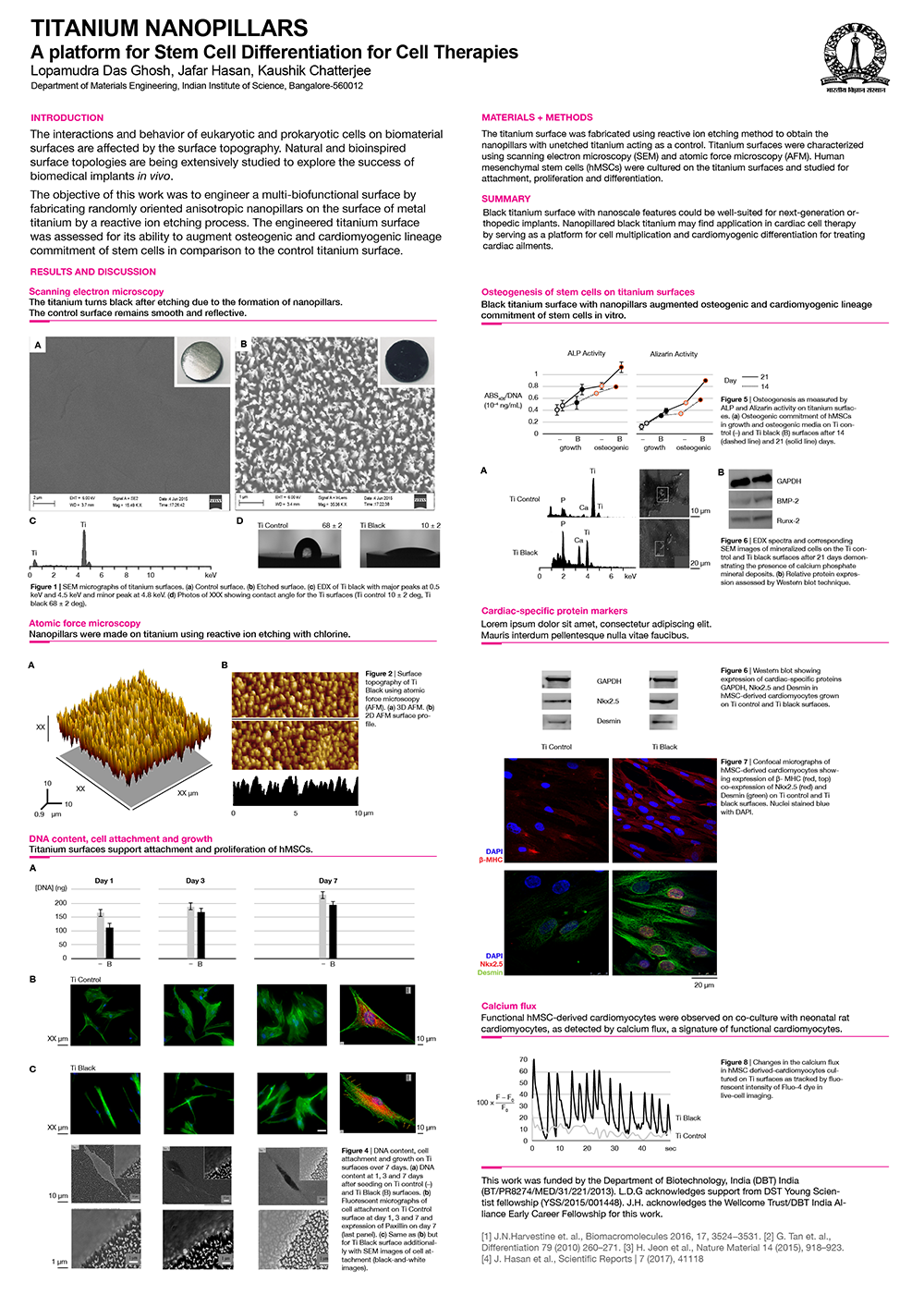
3.4 · A resource of healthy iPSC cell lines derived from the Personal Genome Project. Hildebrandt, M. et al.
Background color is distracting and reduces the salience of colors used to cue themes or highlights.
Background images are nearly always a bad idea—they're a giant distraction (literally) and rarely available at sufficiently high resolution at the size of a full poster.
Background colors can shift the perception of color palettes used for data. This is the Chubb effect.
Background colors disrupt flow between plots and images with a white background. Notice how in the original poster plots that are next to each other in a section, and therefore related, are forced apart by strips of background color between them.
This poster uses text boxes with auto-size text, which breaks any attempts at creating an information hierarchy. Almost every title is a different size.
Use a modular sizing scale for type, such as one based on the Golden Ratio (5, 8, 13, 21, 34, 55 pt).
Avoid boxes around text and headings—these rarely add to the organization and often merely add clutter.
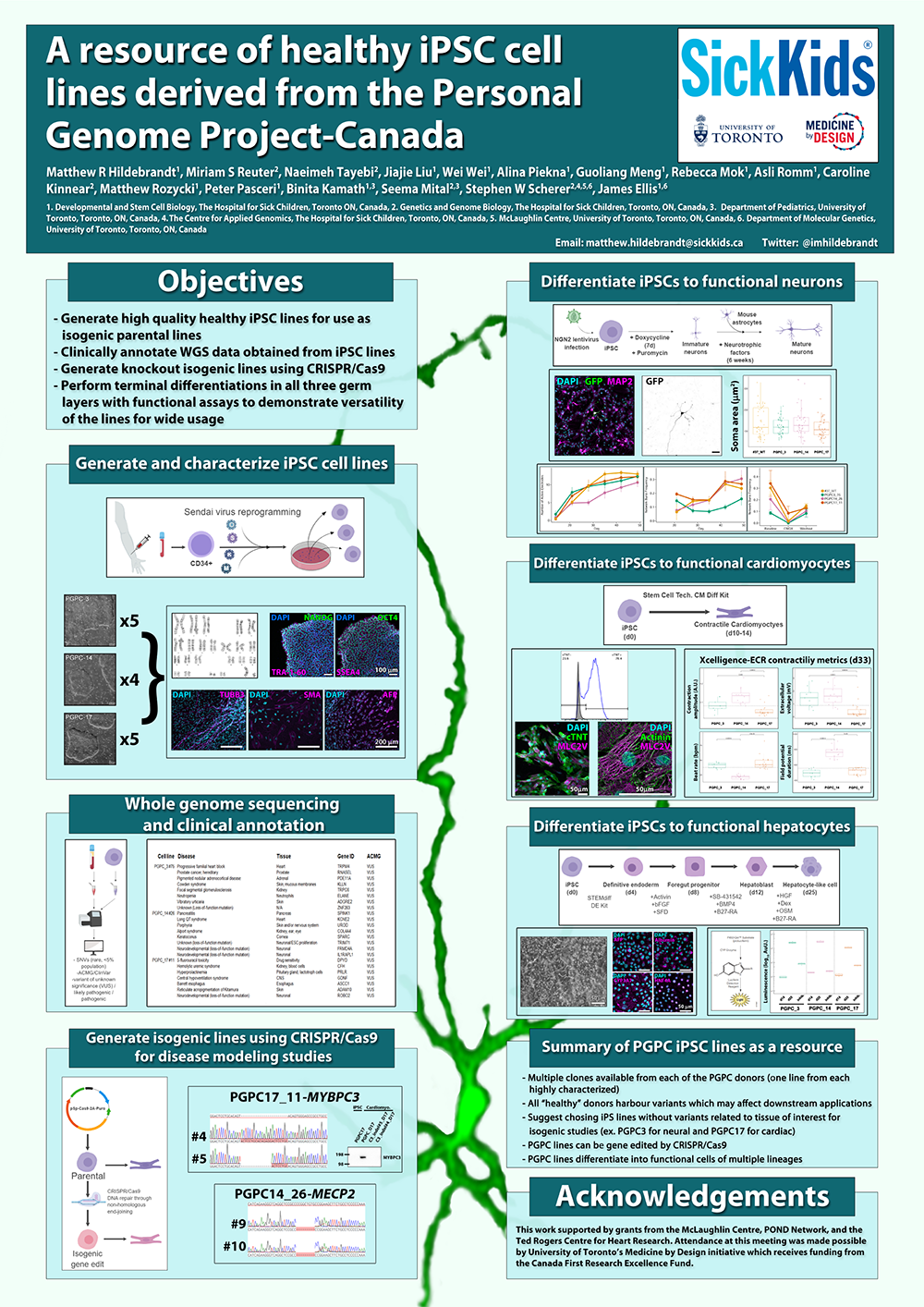
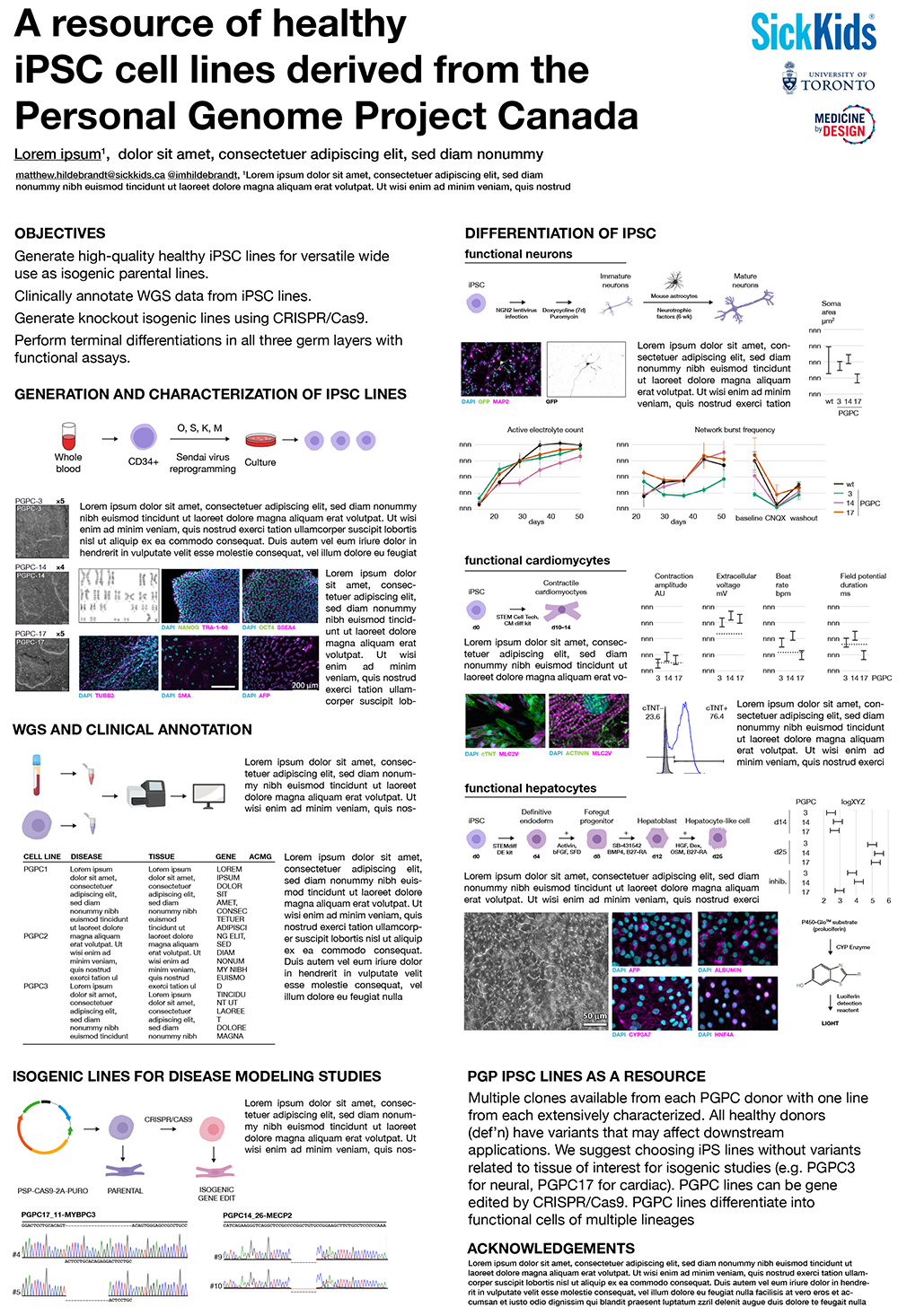
3.5 · ATAC-Seq reveals differential chromatin landscape in dystrophin-deficient muscle stem cells. Saber, J. & Rudnicki, M.
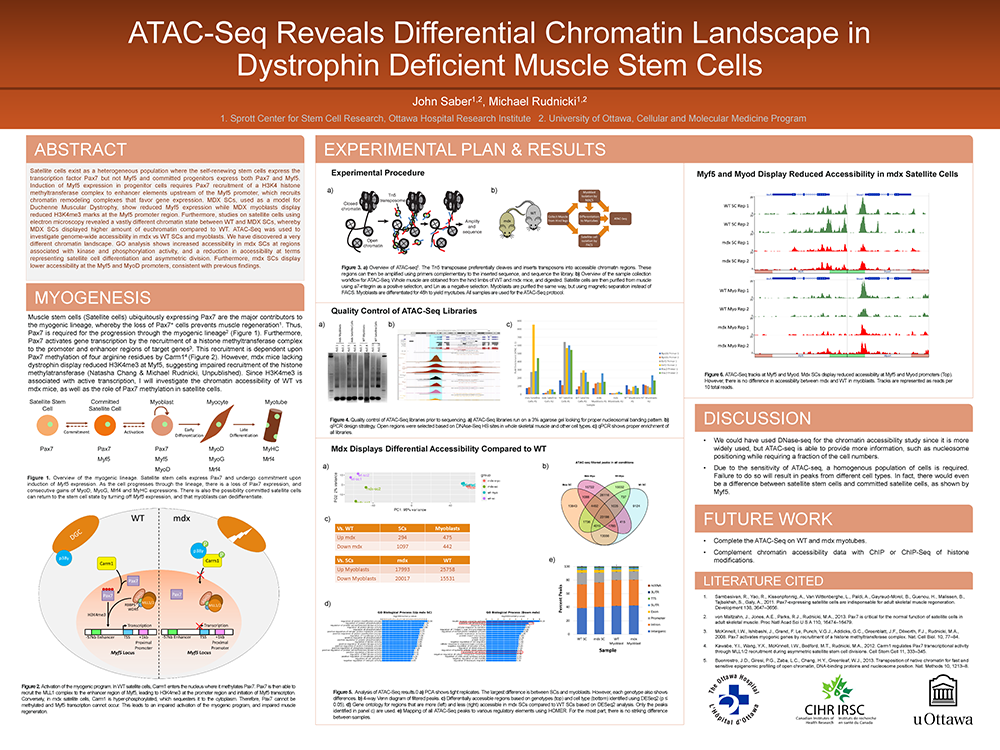
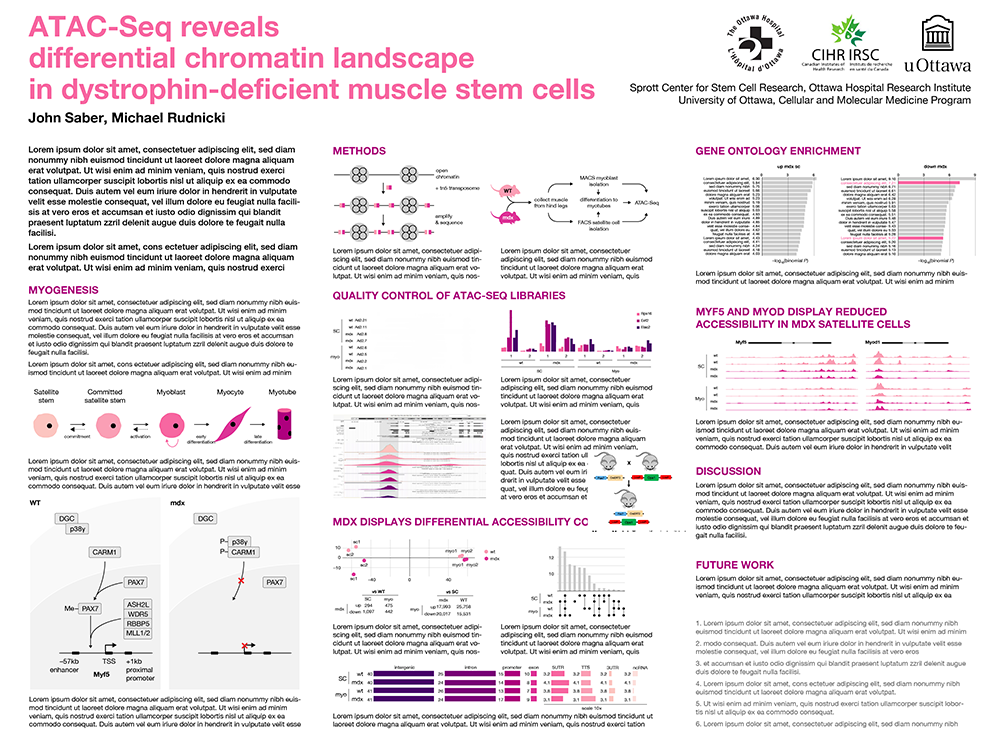
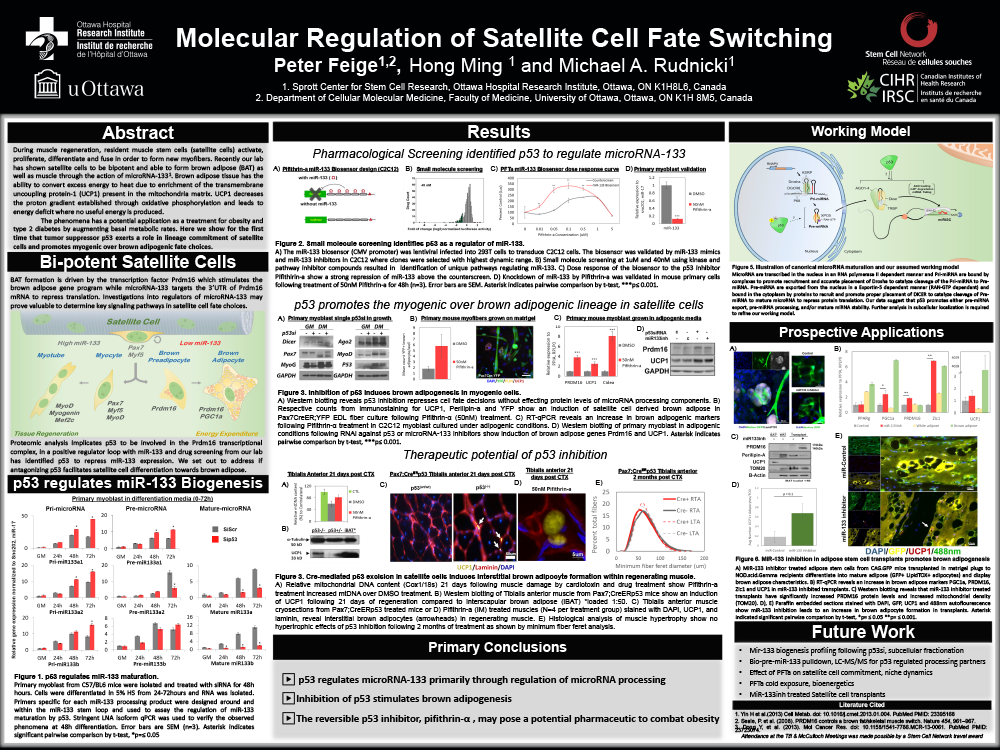
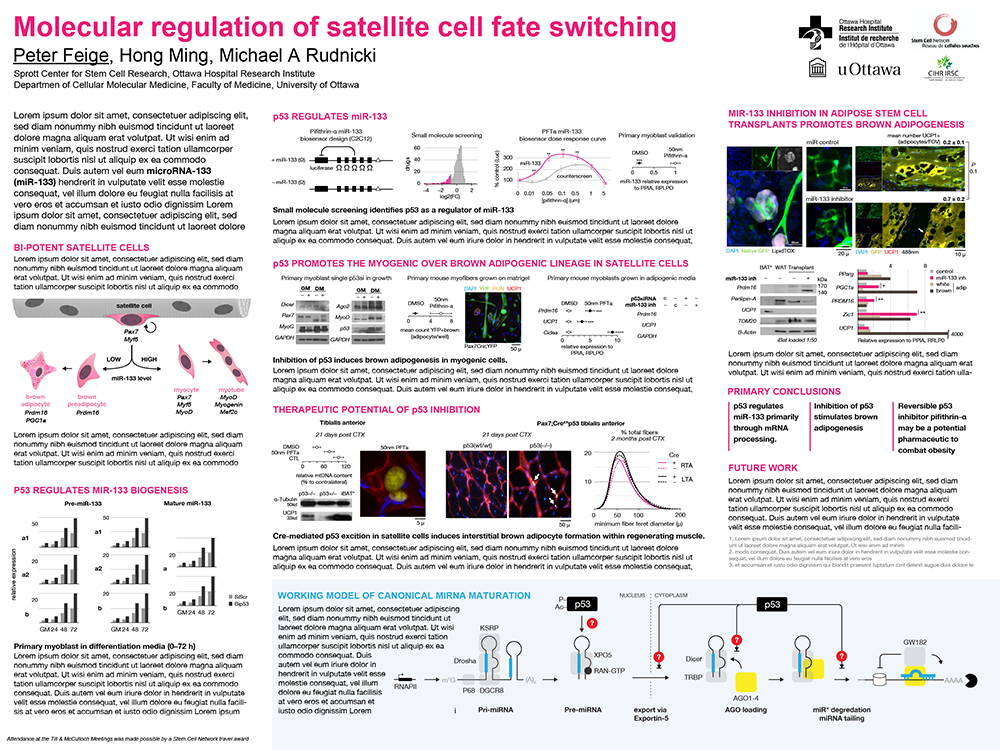
3.7 · Advanced age impairs self-renewal and biases fate choice of hair follicle dermal stem cells. Shin, W. et al.
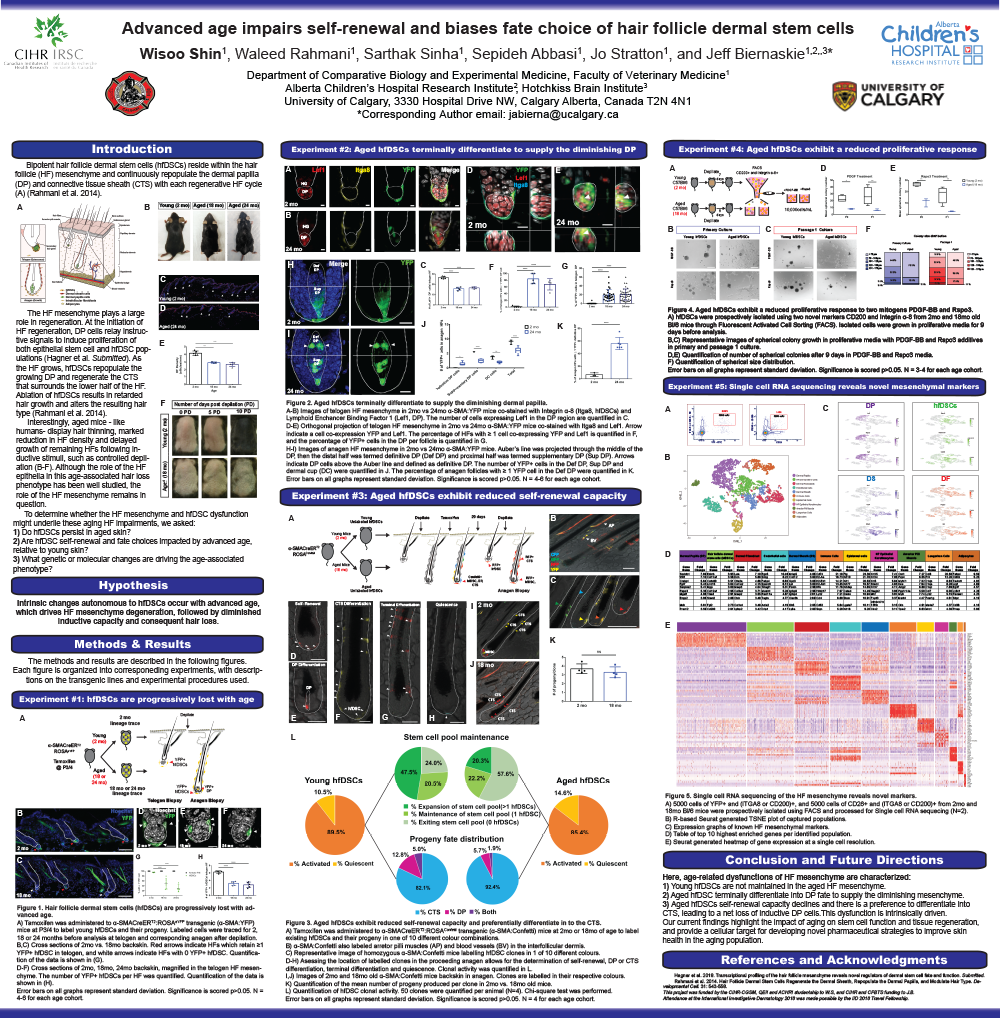
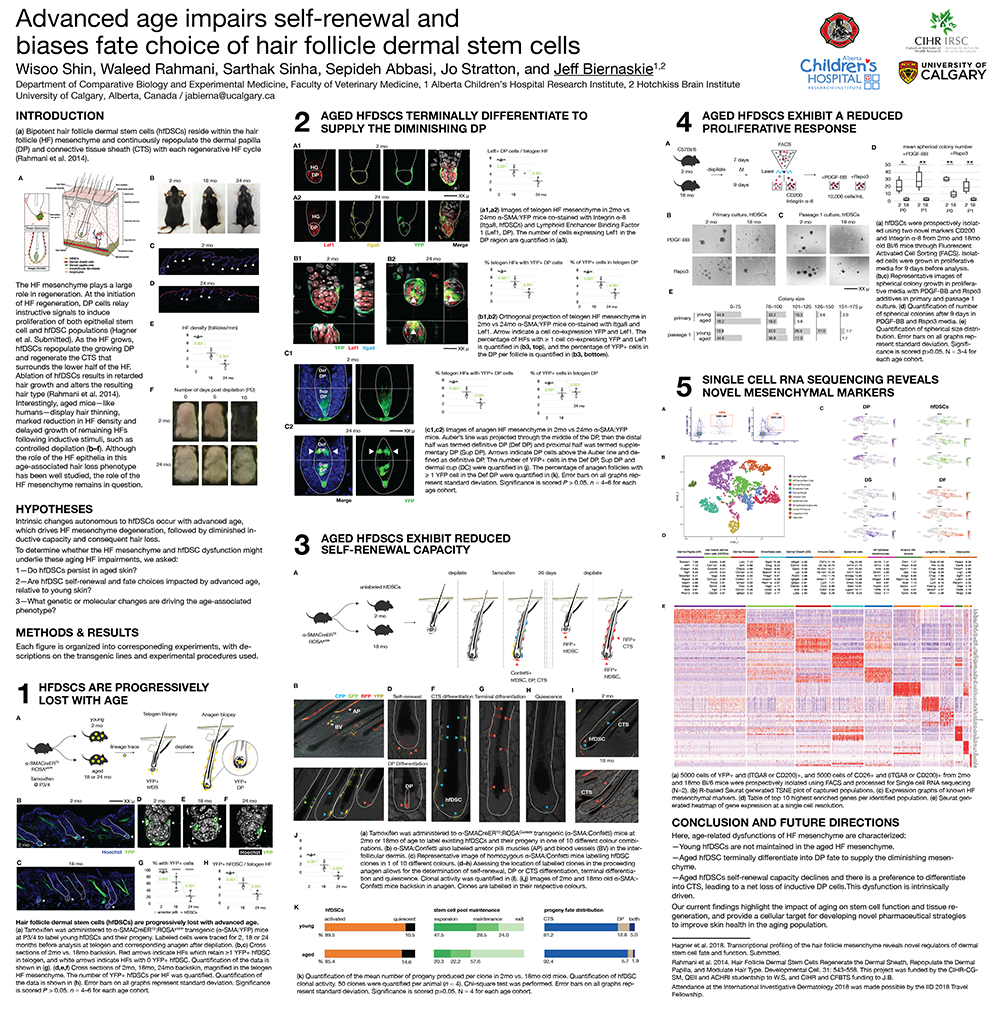
3.8 · The role of mitochondrial OPA1 in satellite stem cell function and skeletal muscle regeneration. Baker, N. et al.
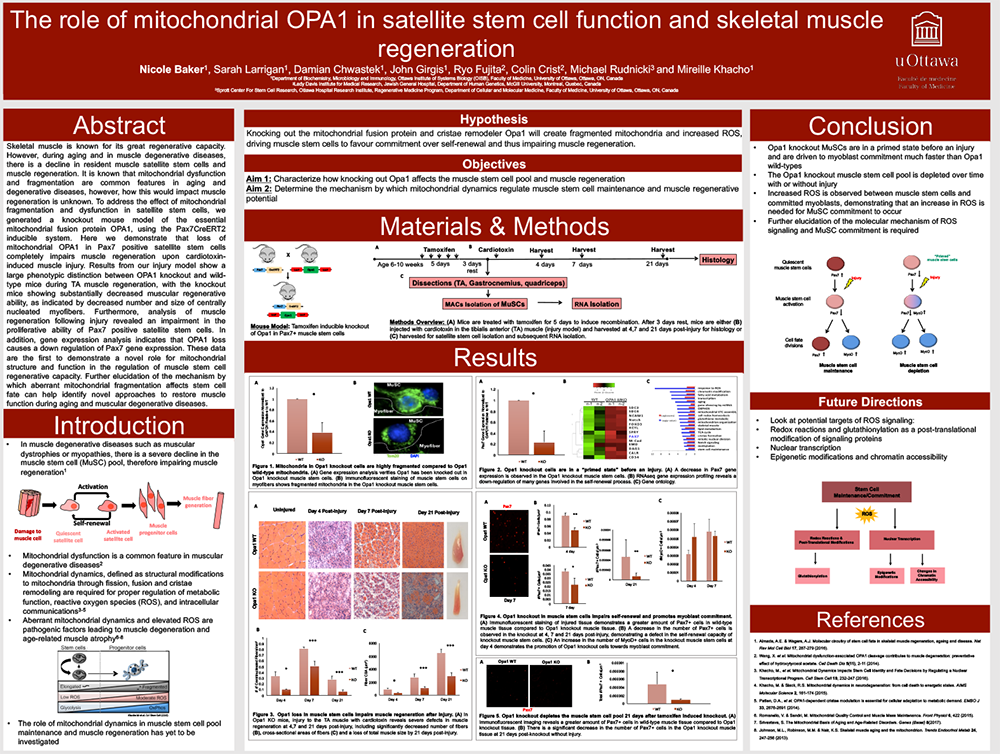
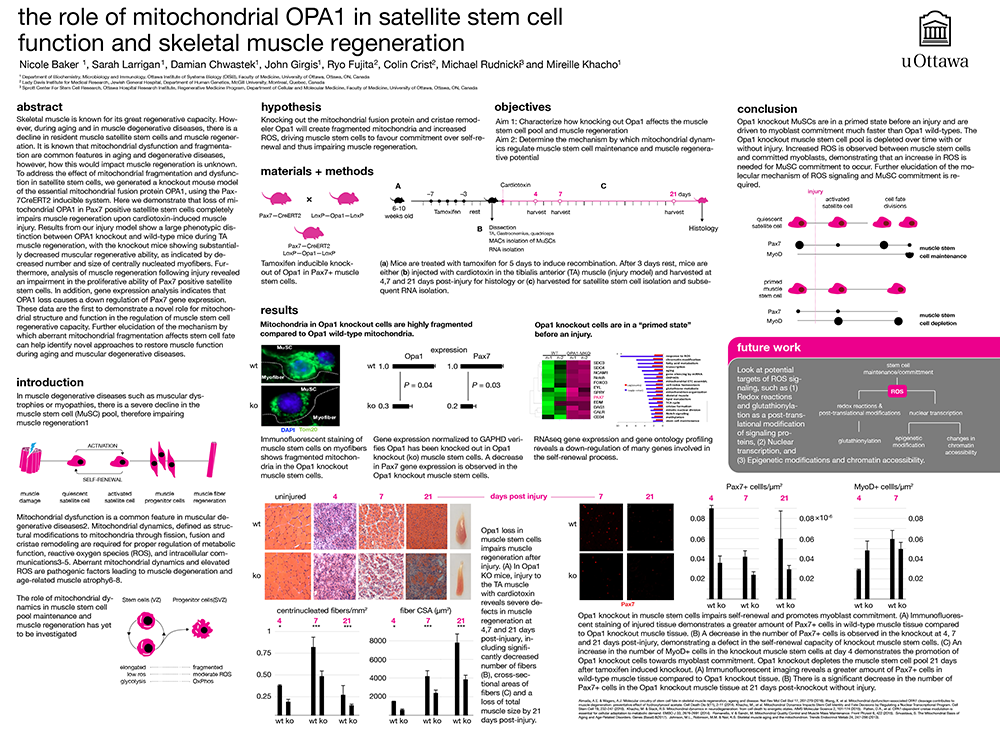
3.9 · In vitro matured ESC-derived cardiomycytes electrically couple and form improved intra-cardiac grafts in injured guinea pig hearts. Dhahri, W. et al.
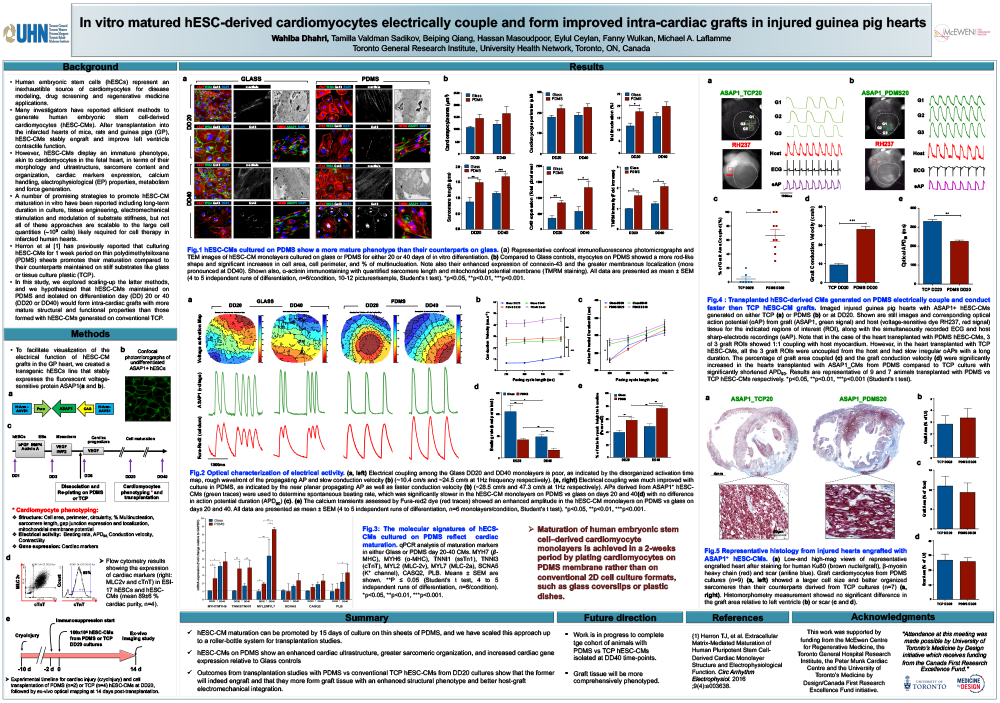
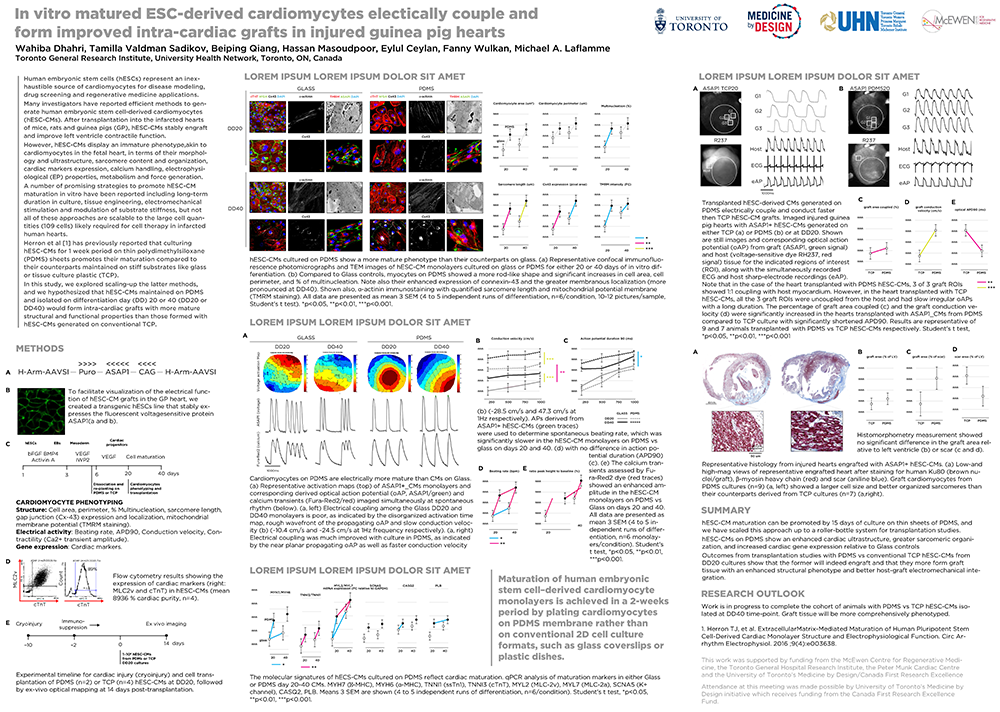
3.10 · The use of liquid epoxy as a corrosion-resistant pipeline field joint coating for three-layer polyolefin mainline coating. Azimi, Y. et al.
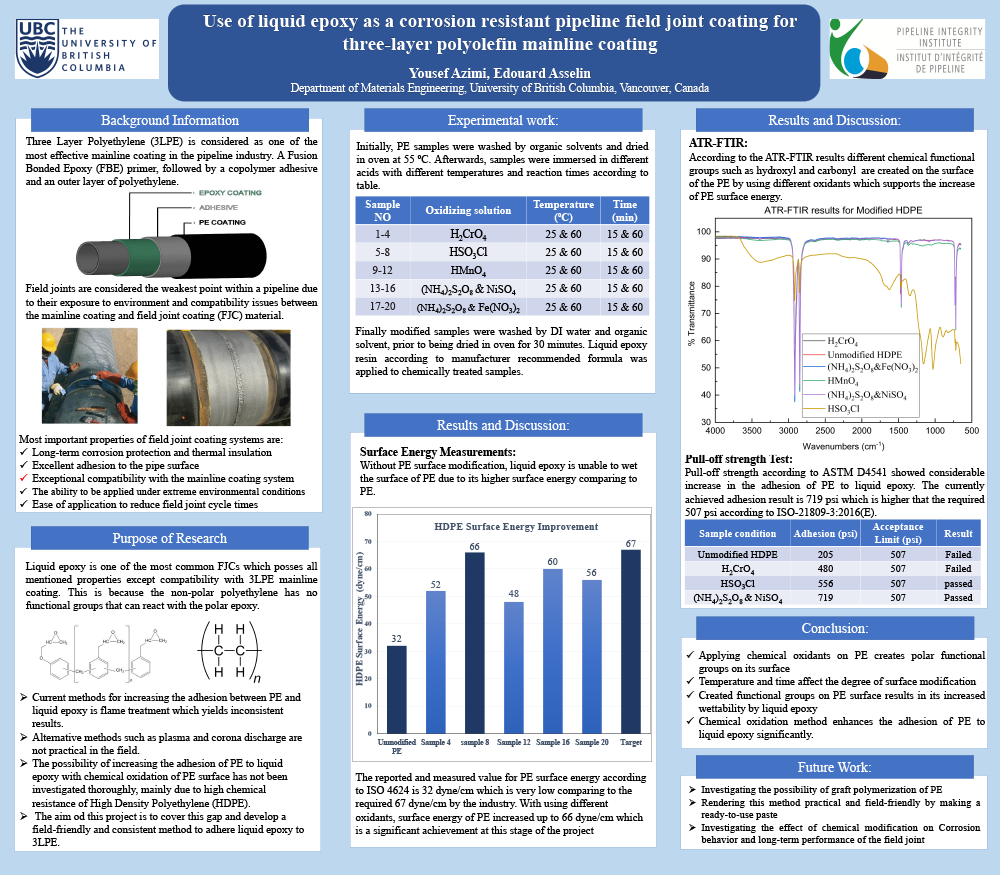
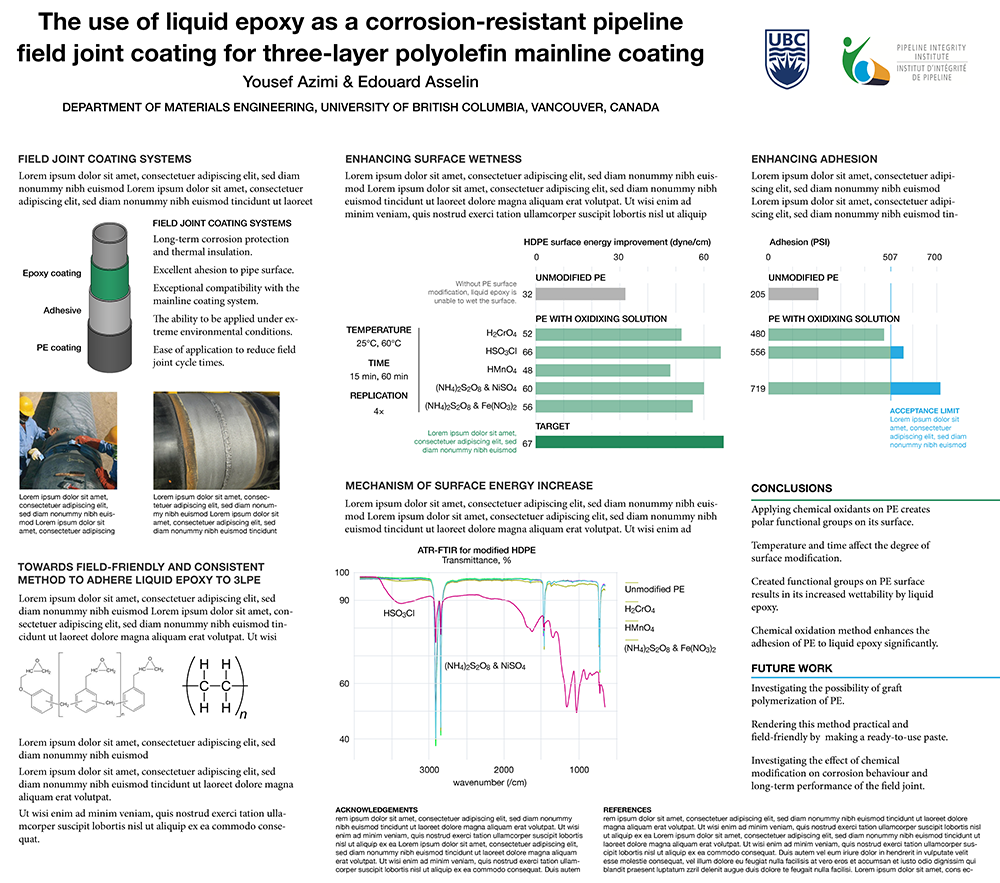
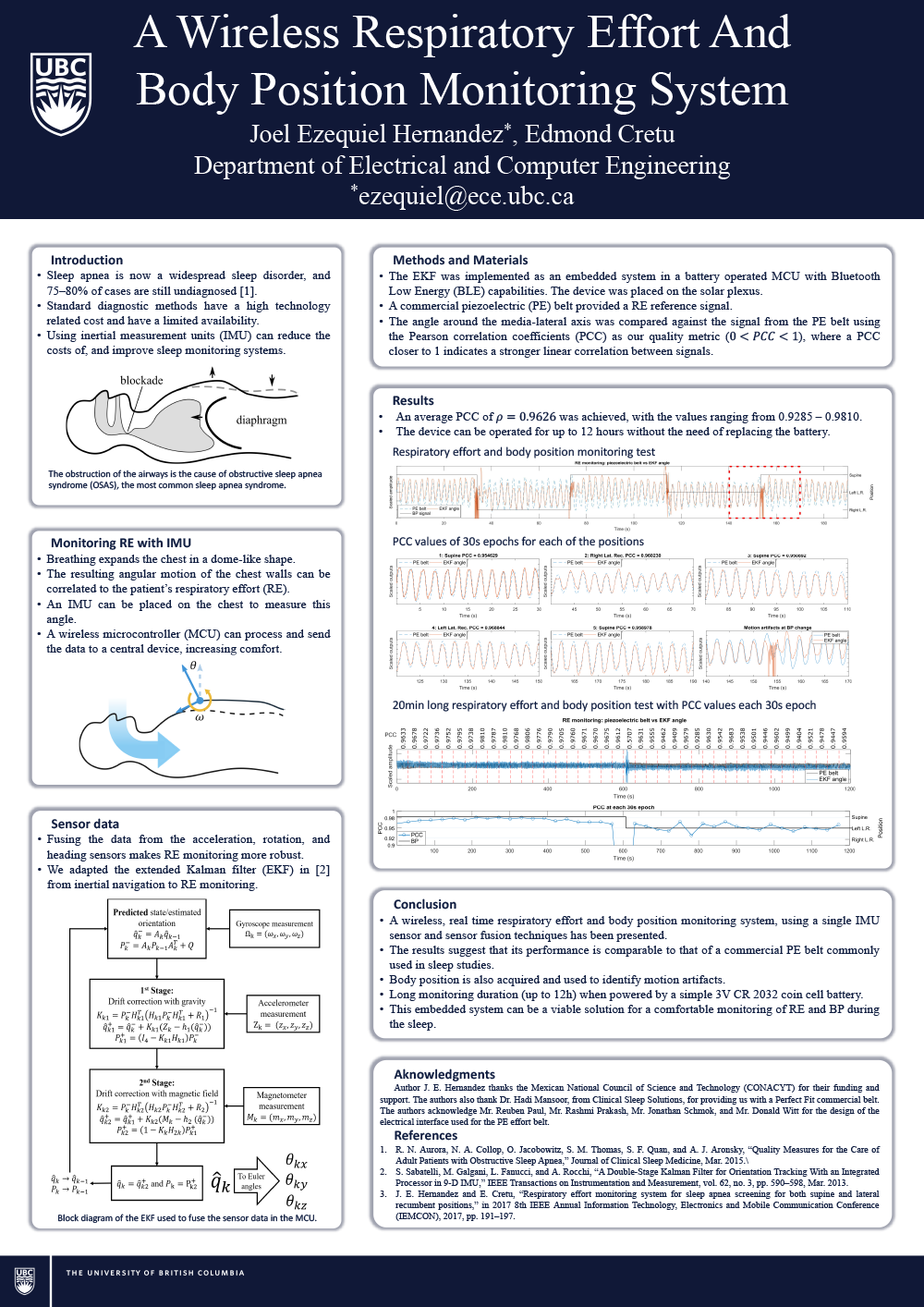
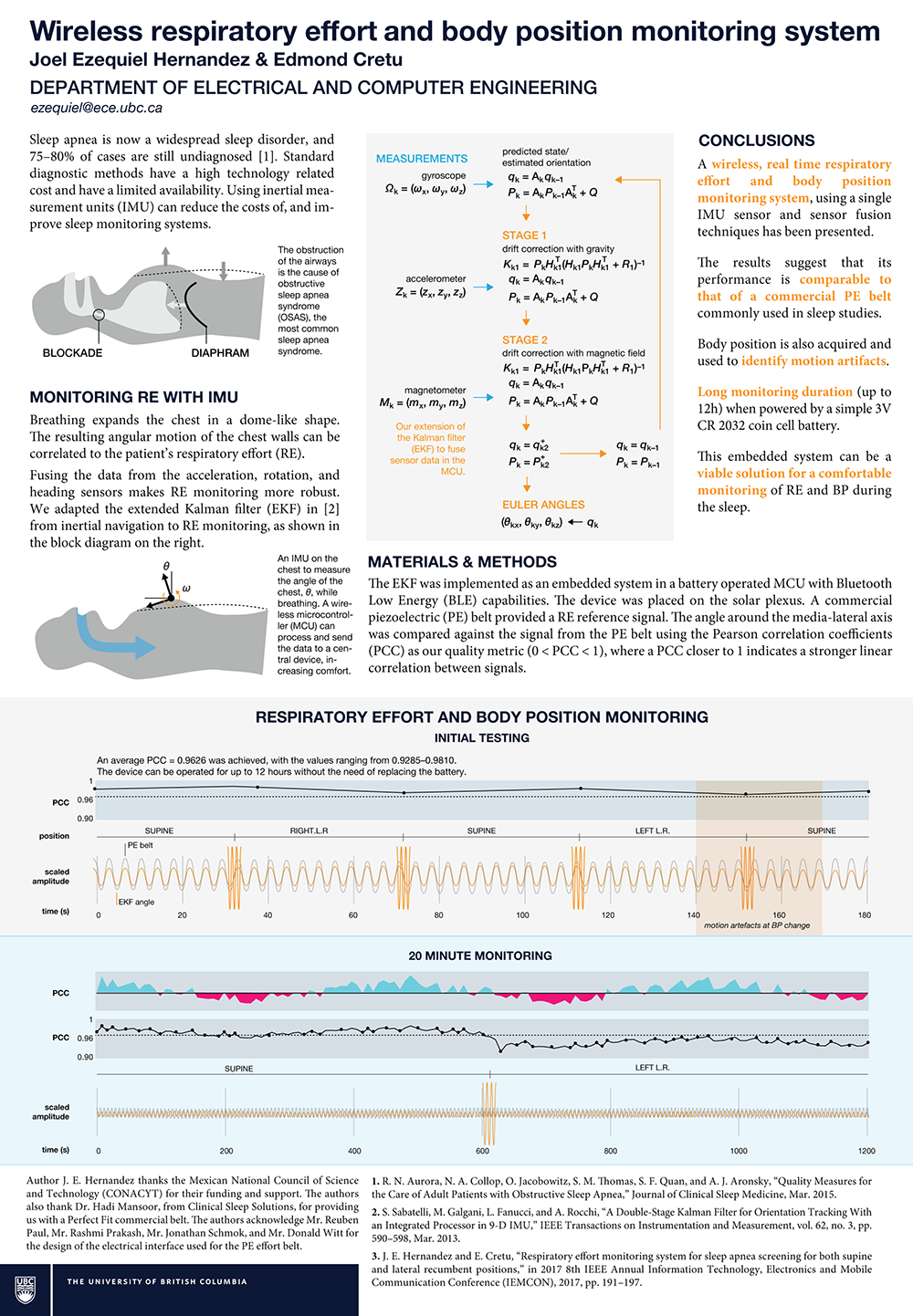
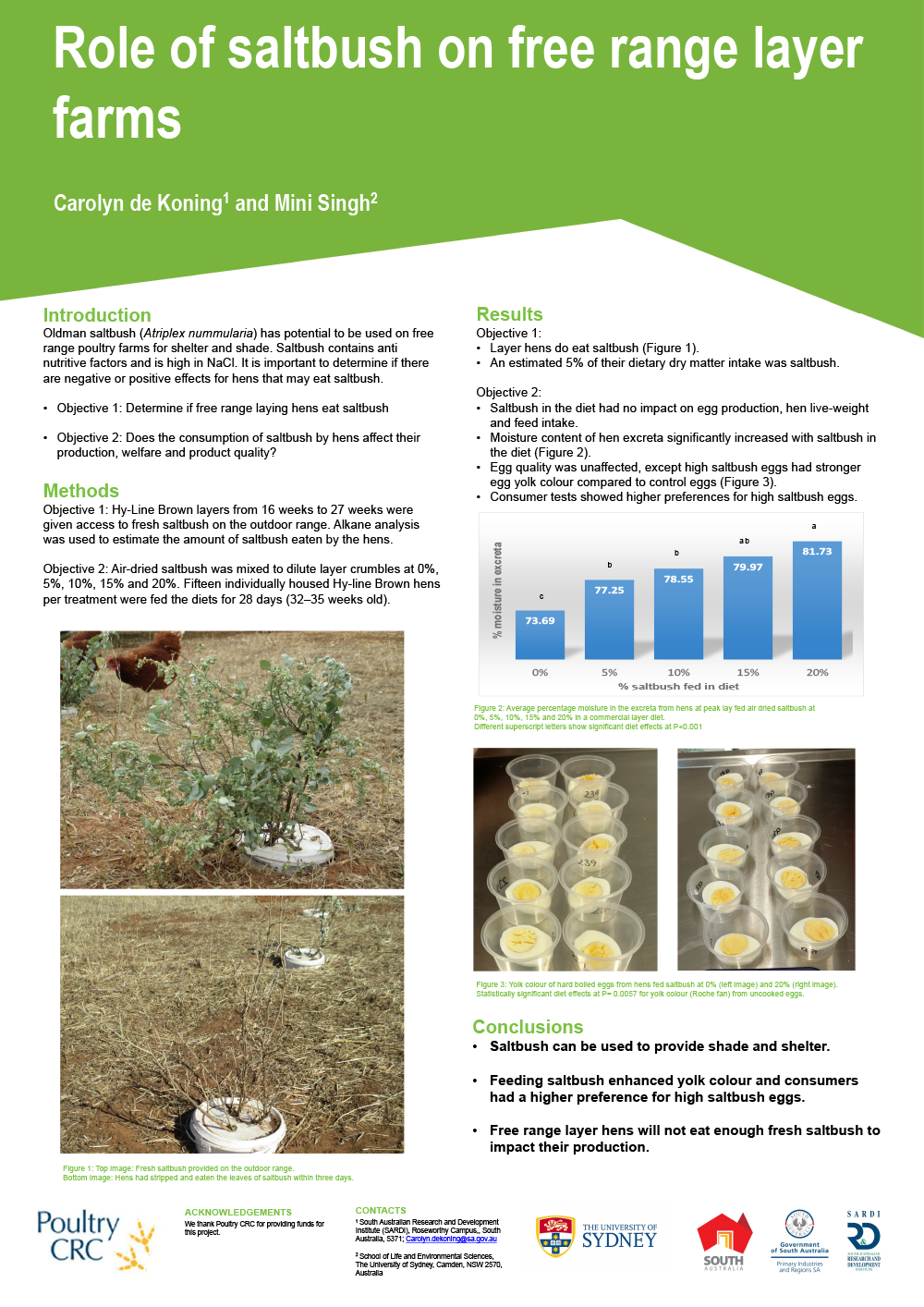
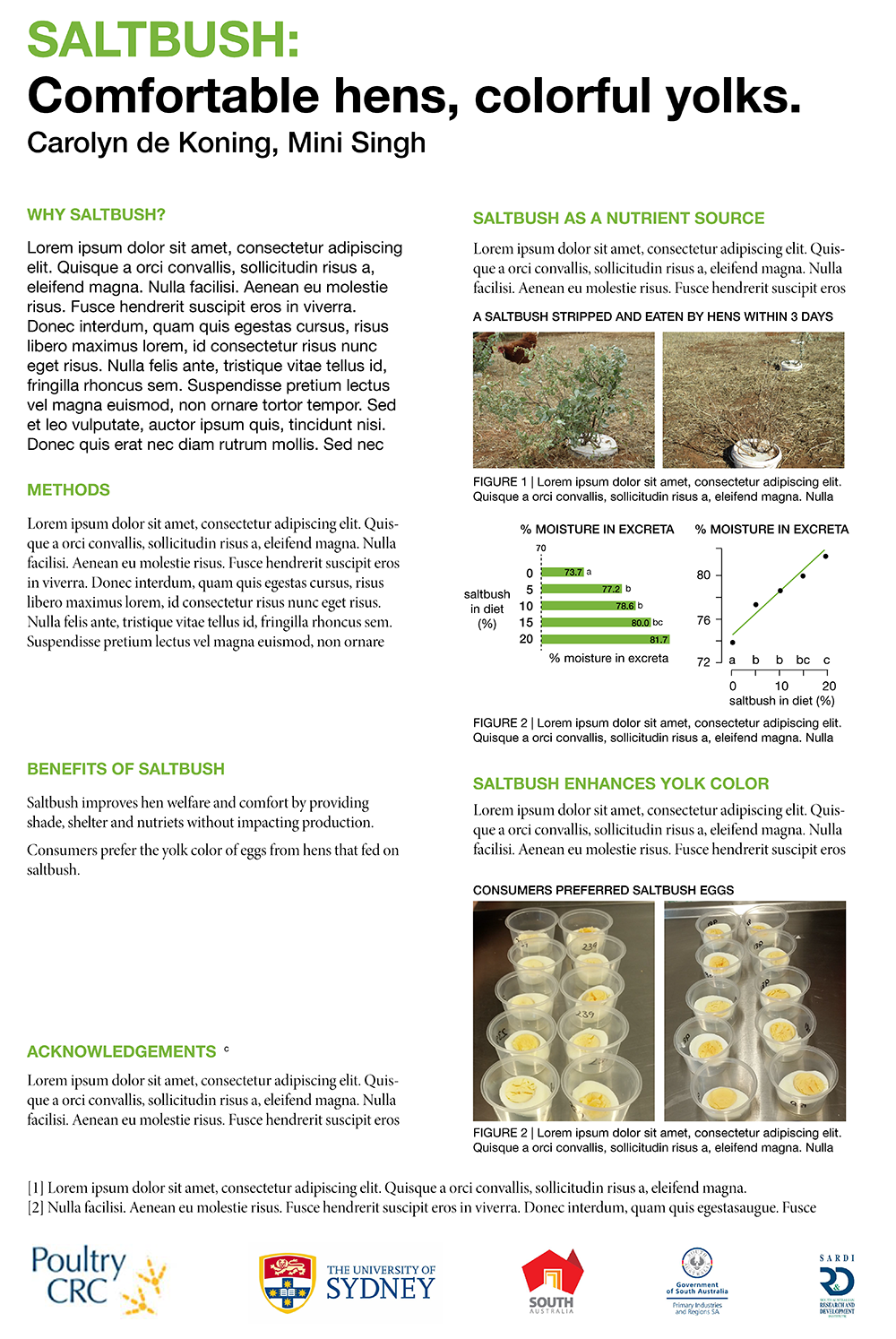
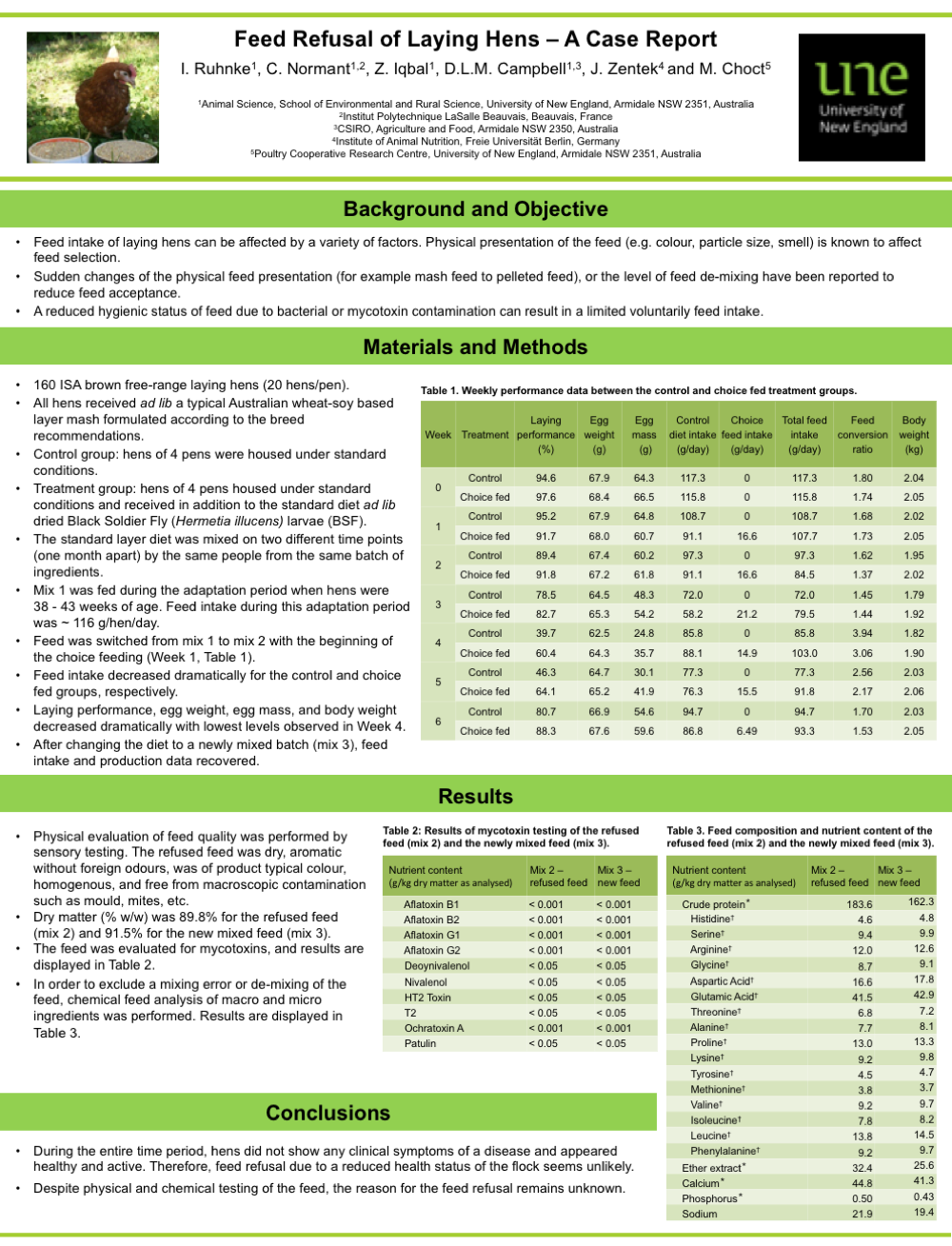
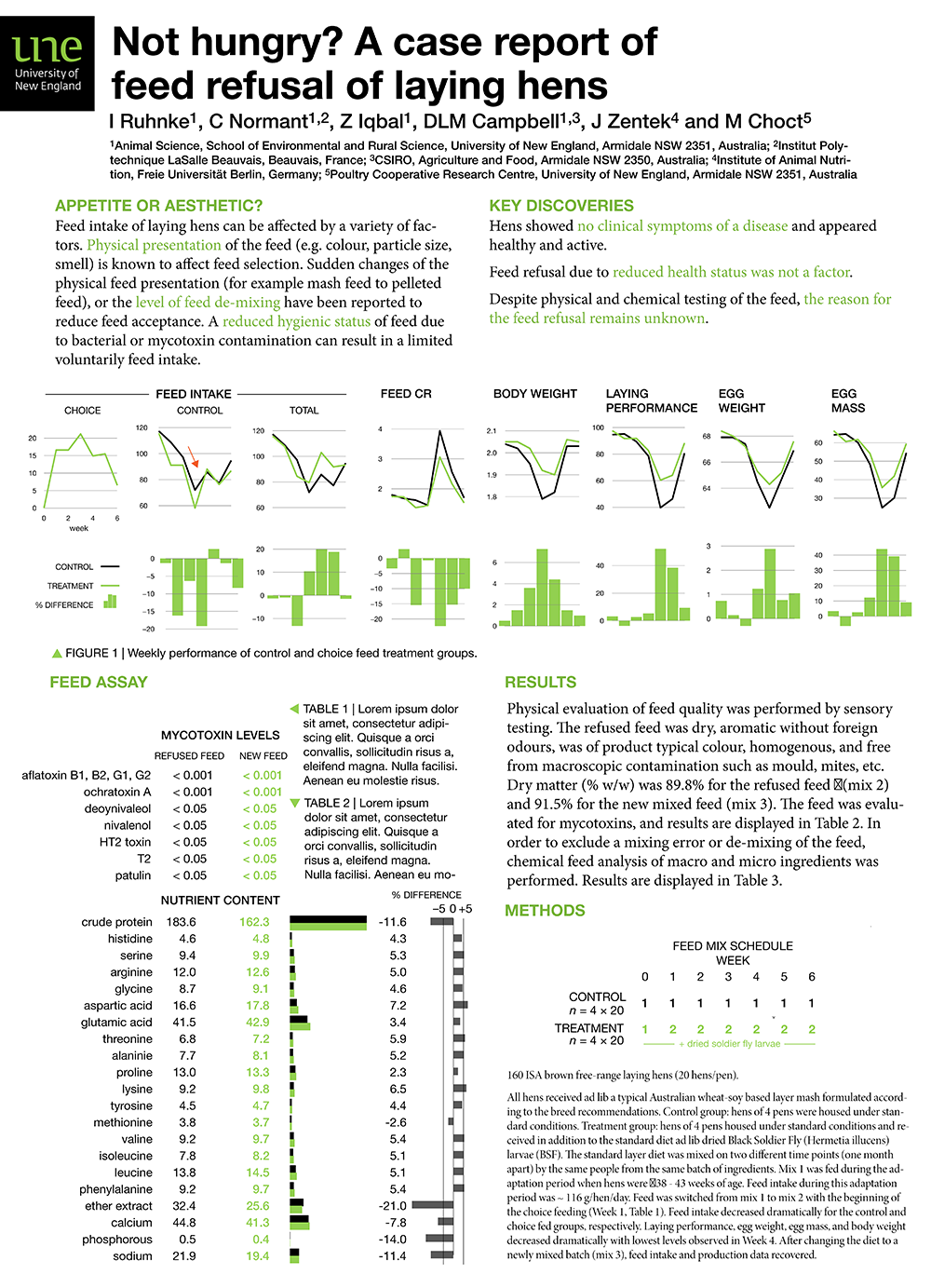
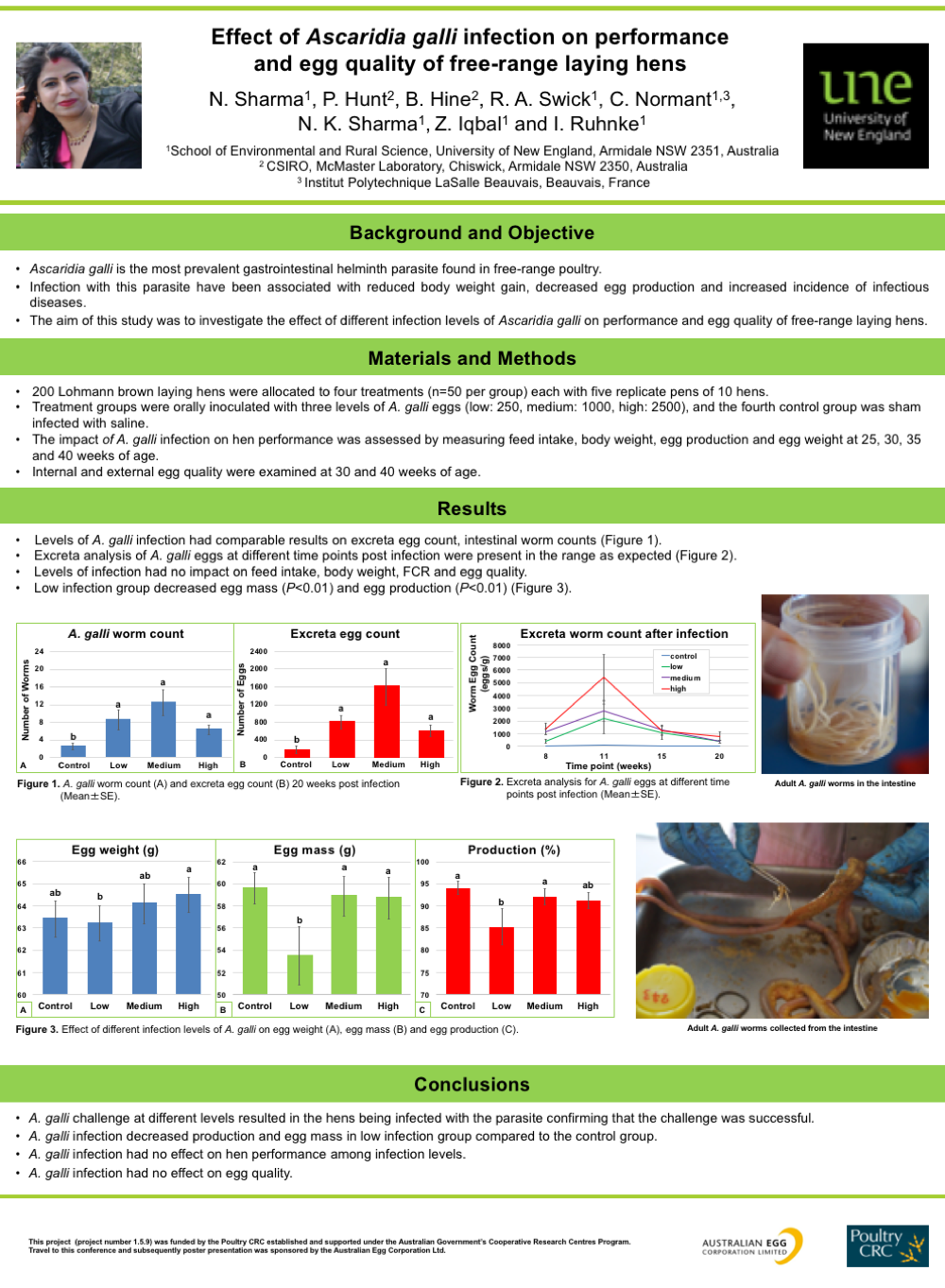
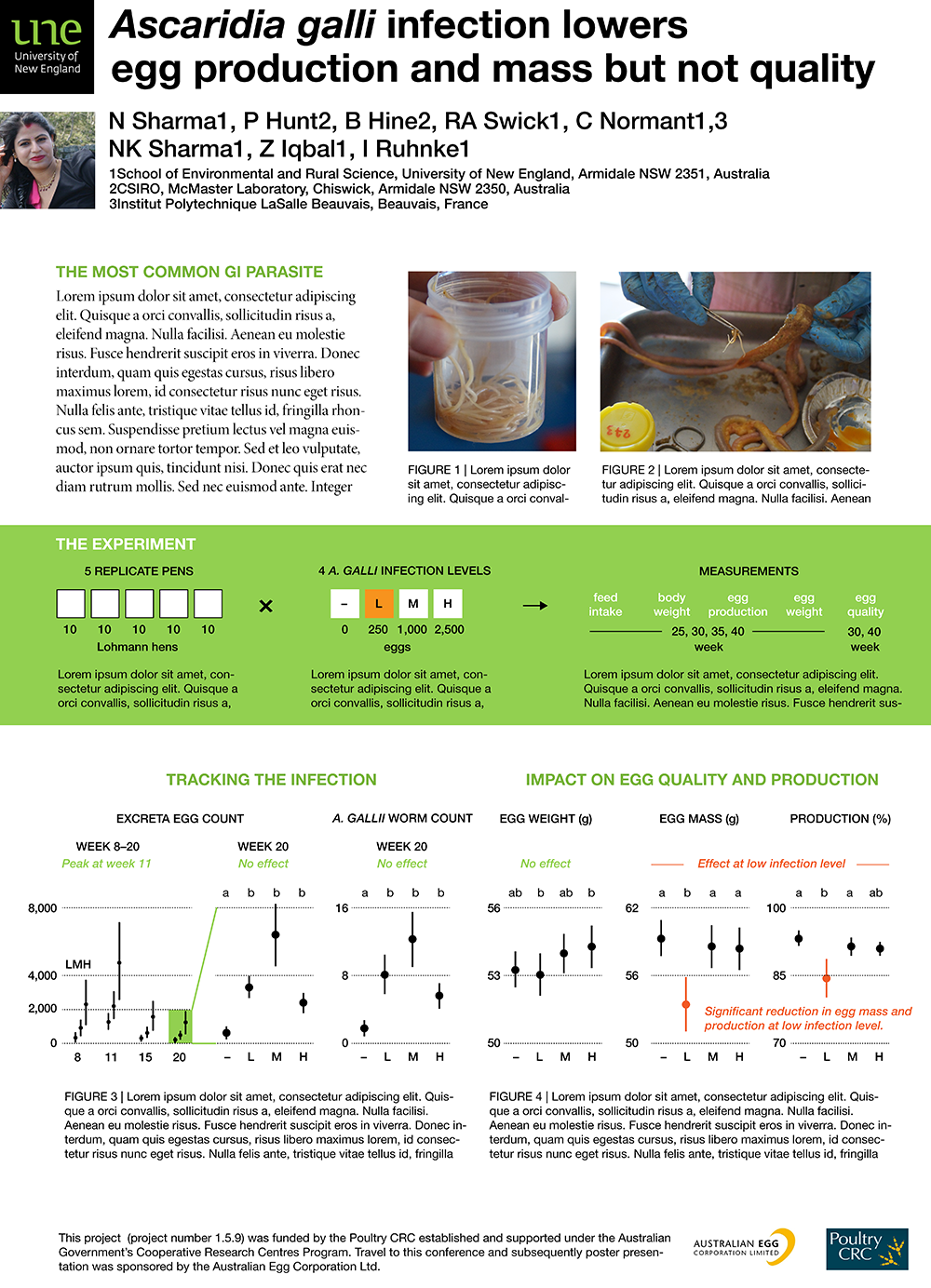
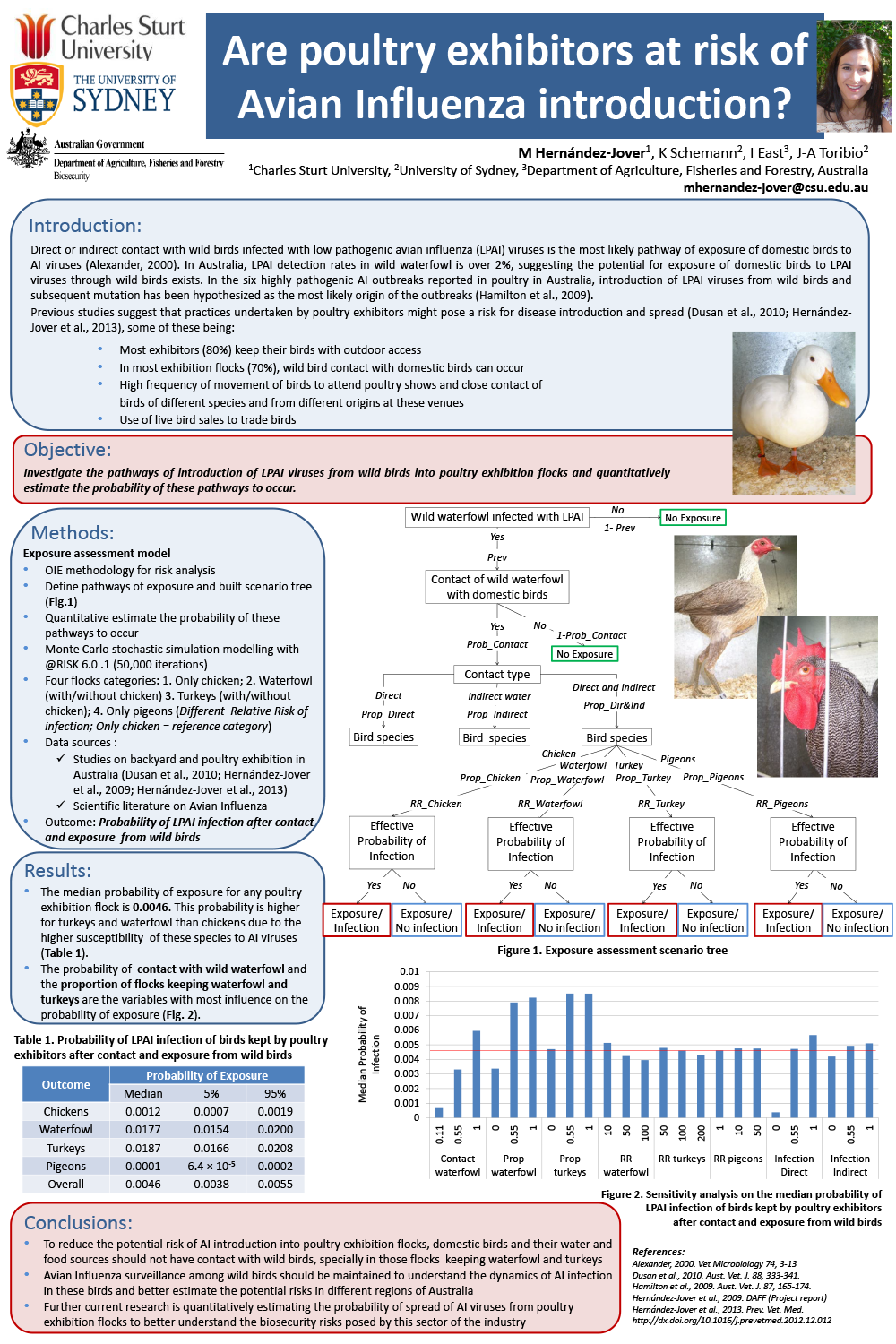
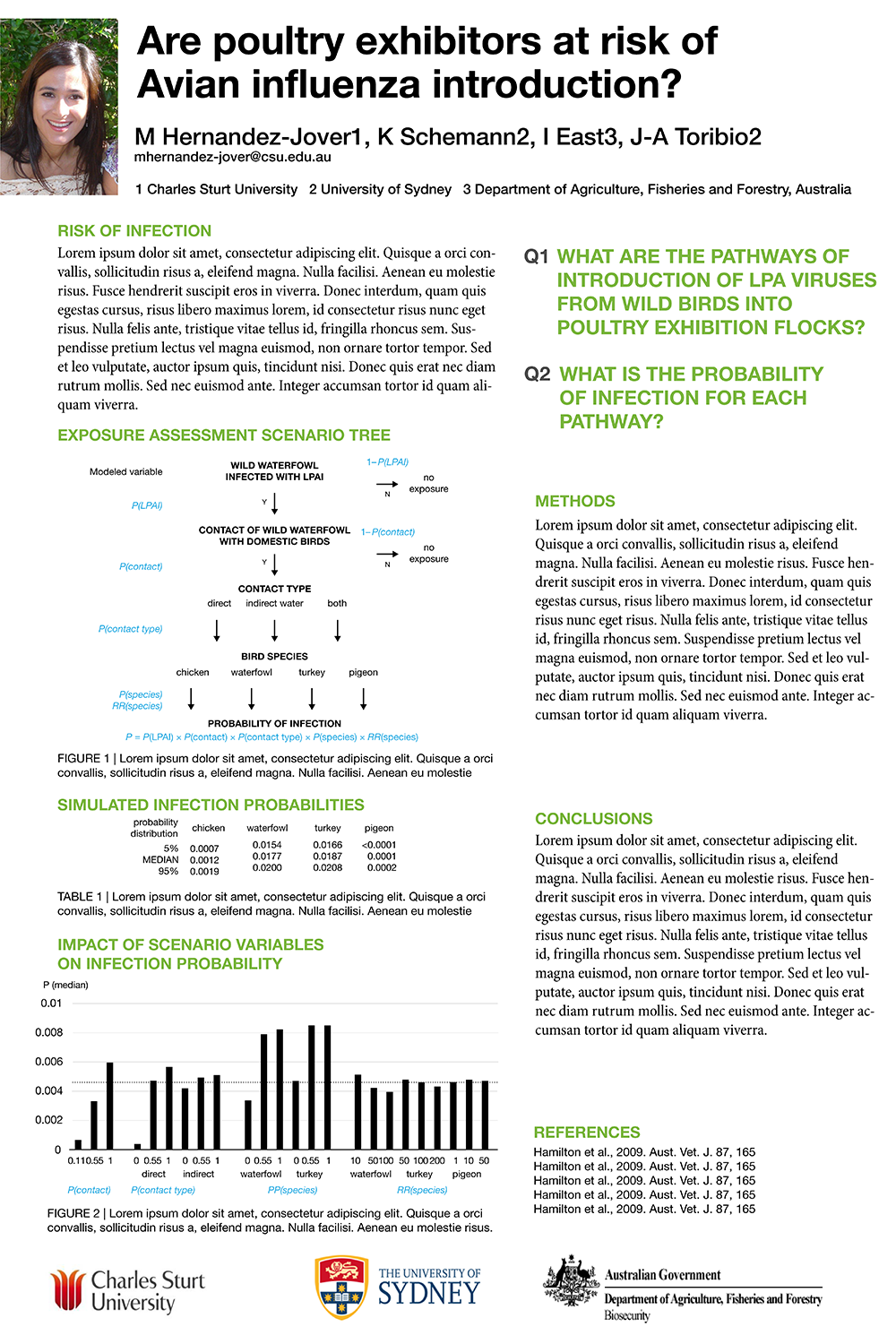
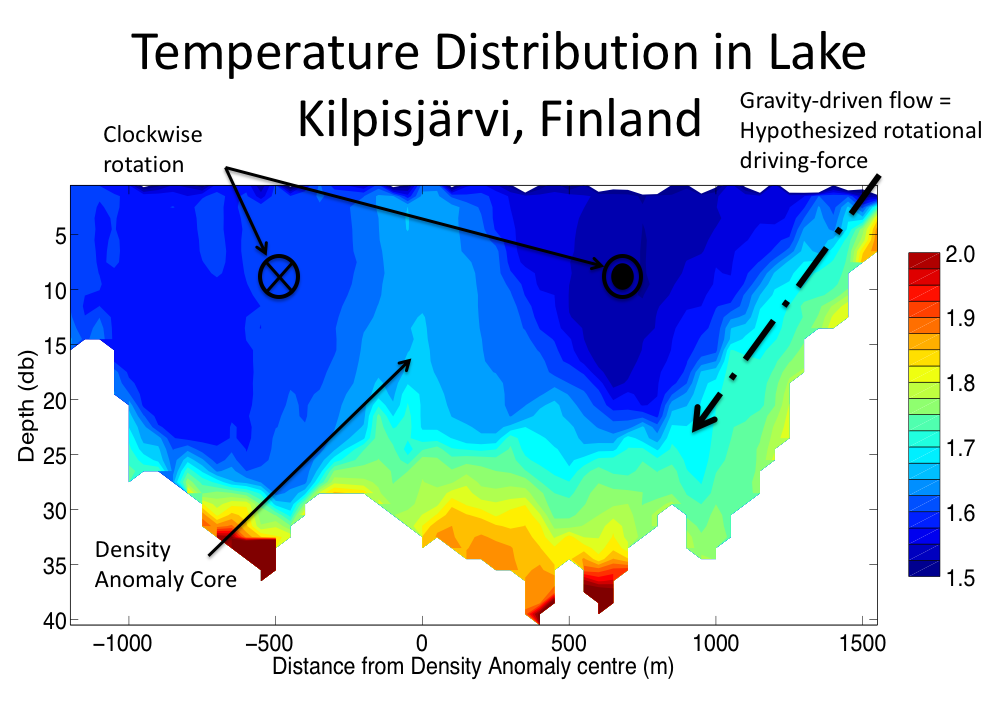
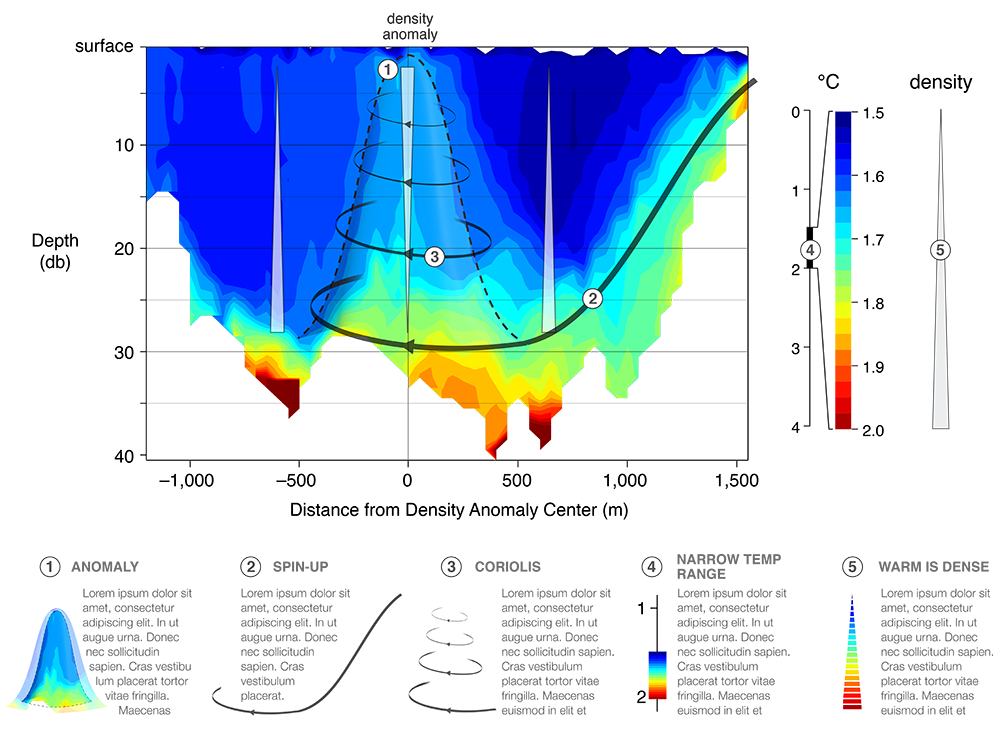
3.17 · TET2/3-dependence of vitamin C-induced epigenomic alterations in acute myeloid leukemia. Wong, J. et al.
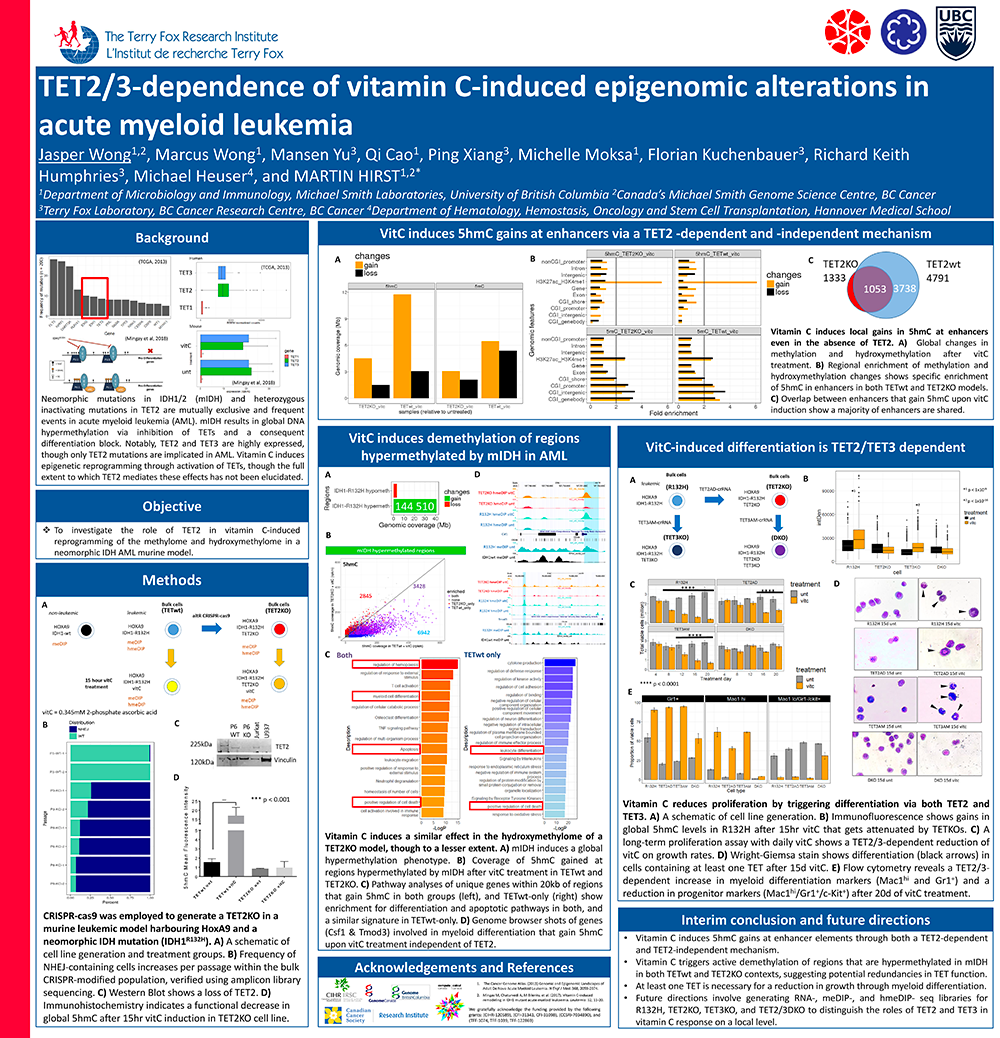
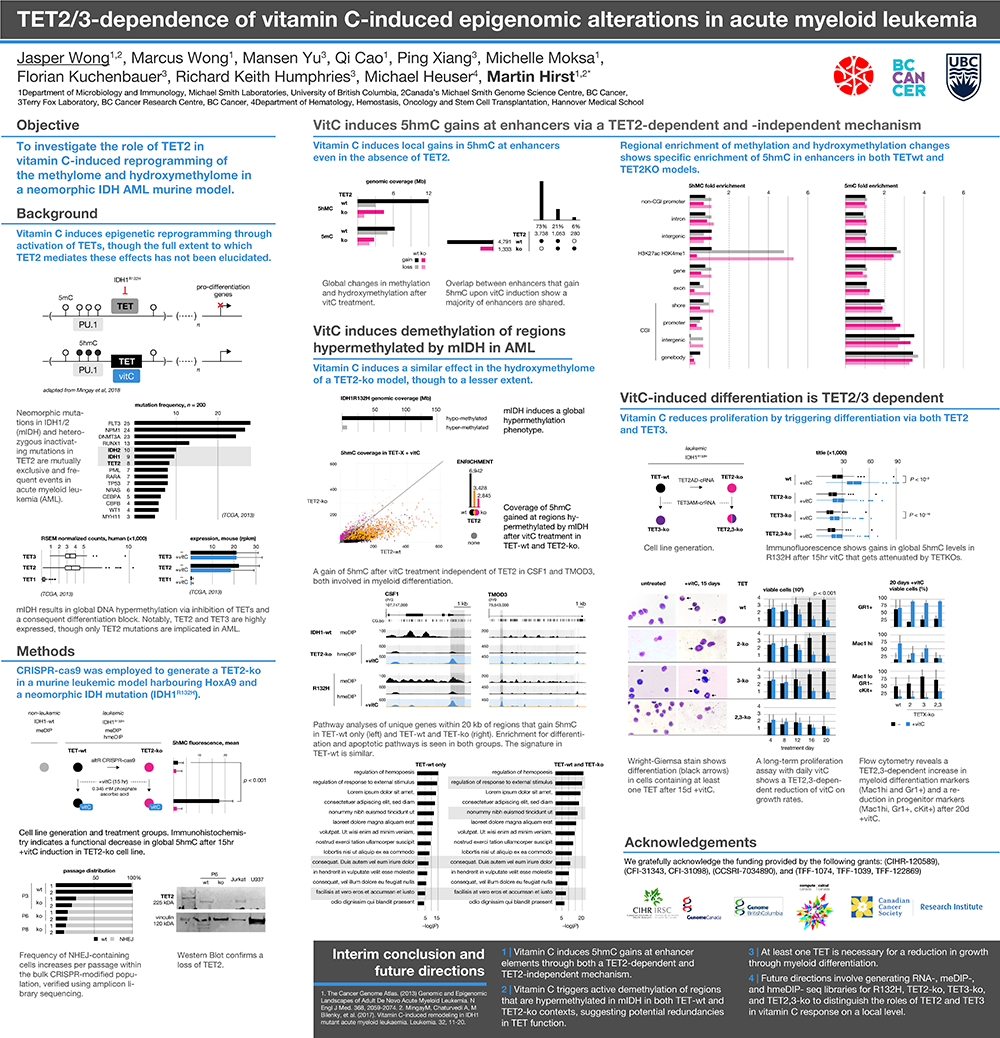
3.18 · Childcare provider characteristics and structural support are key drivers in implementing active play standards in child care. Buckler, E.J. et al.
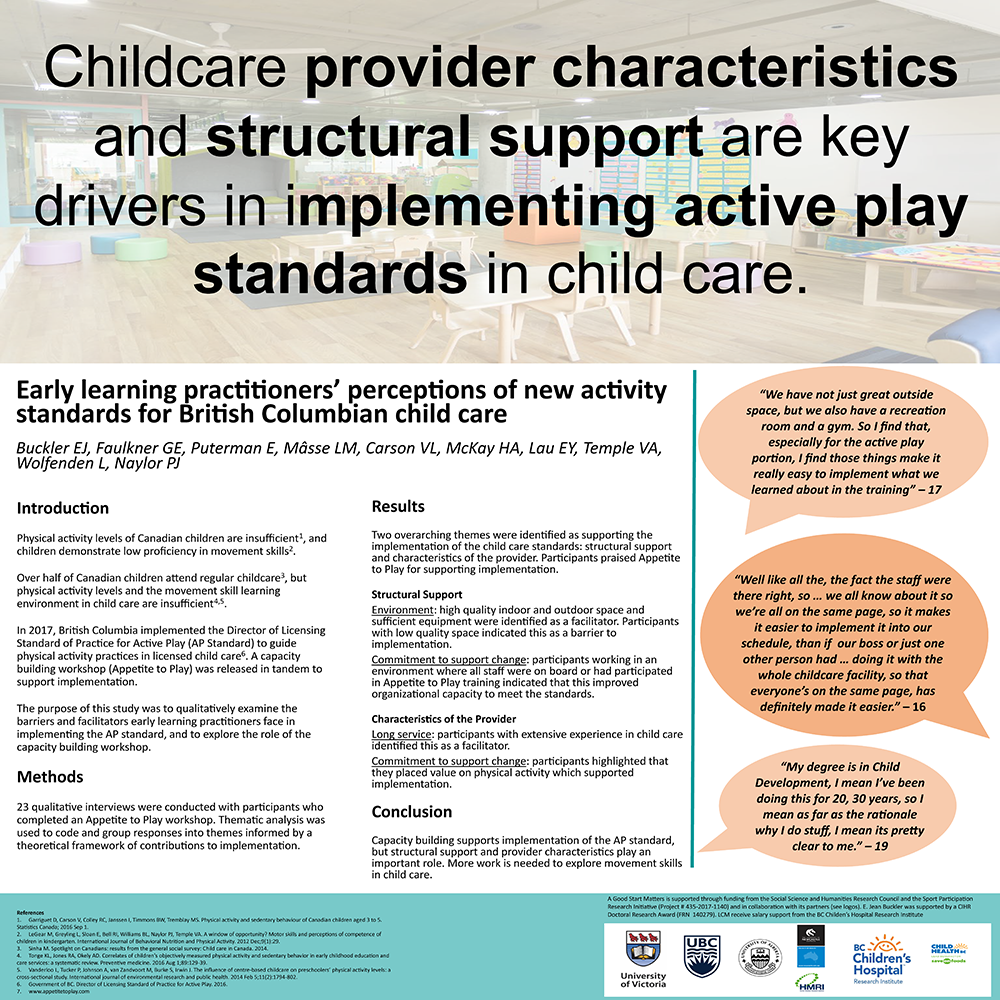
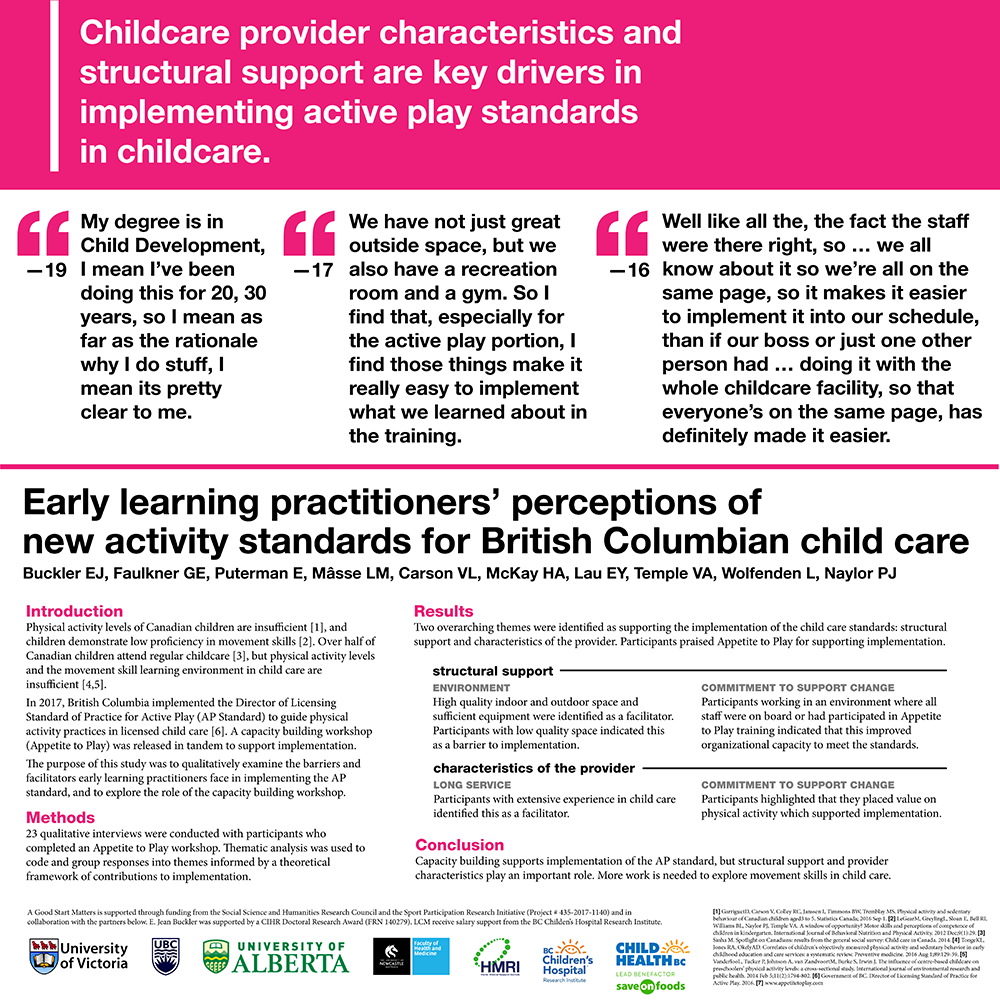
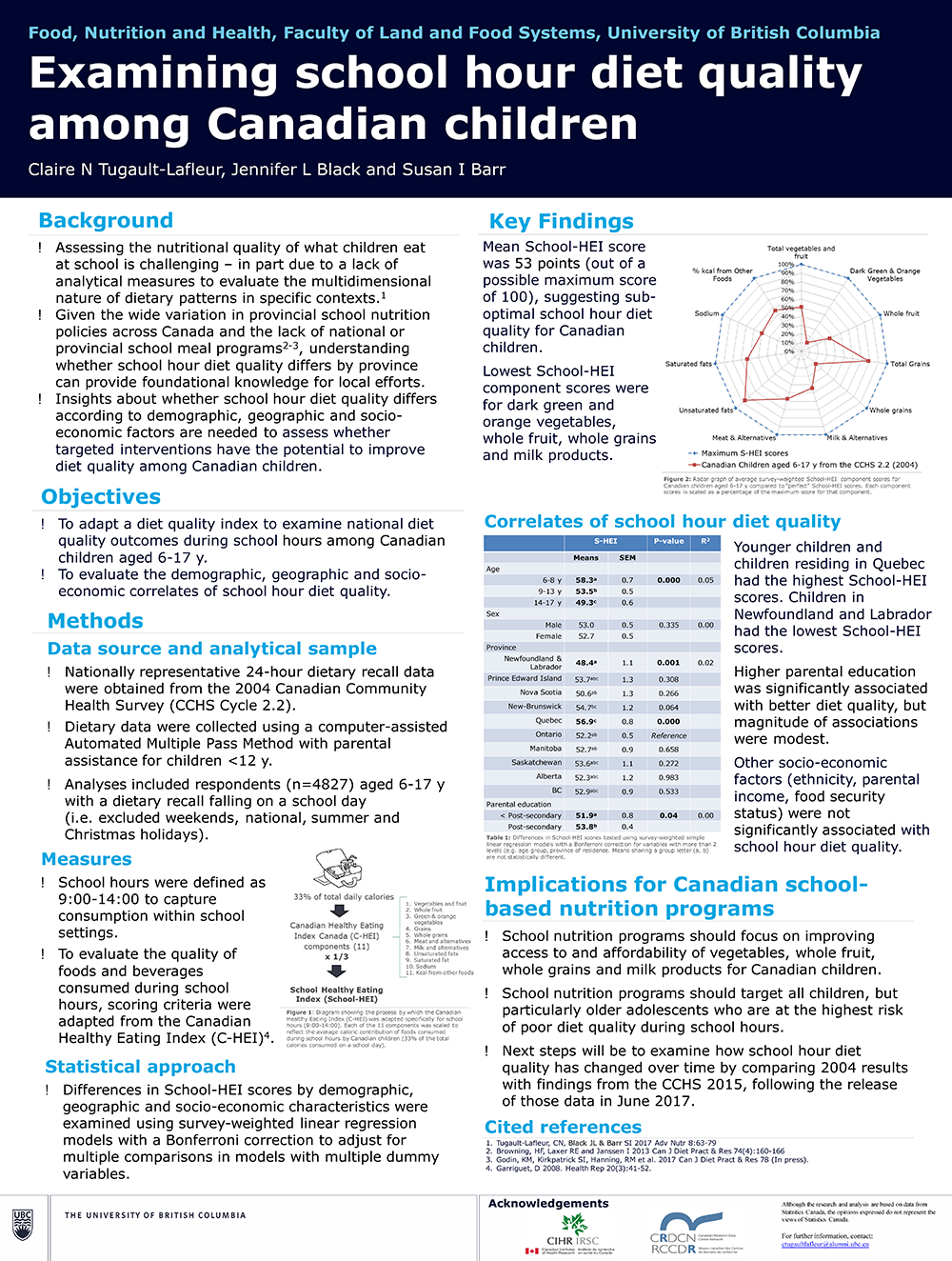
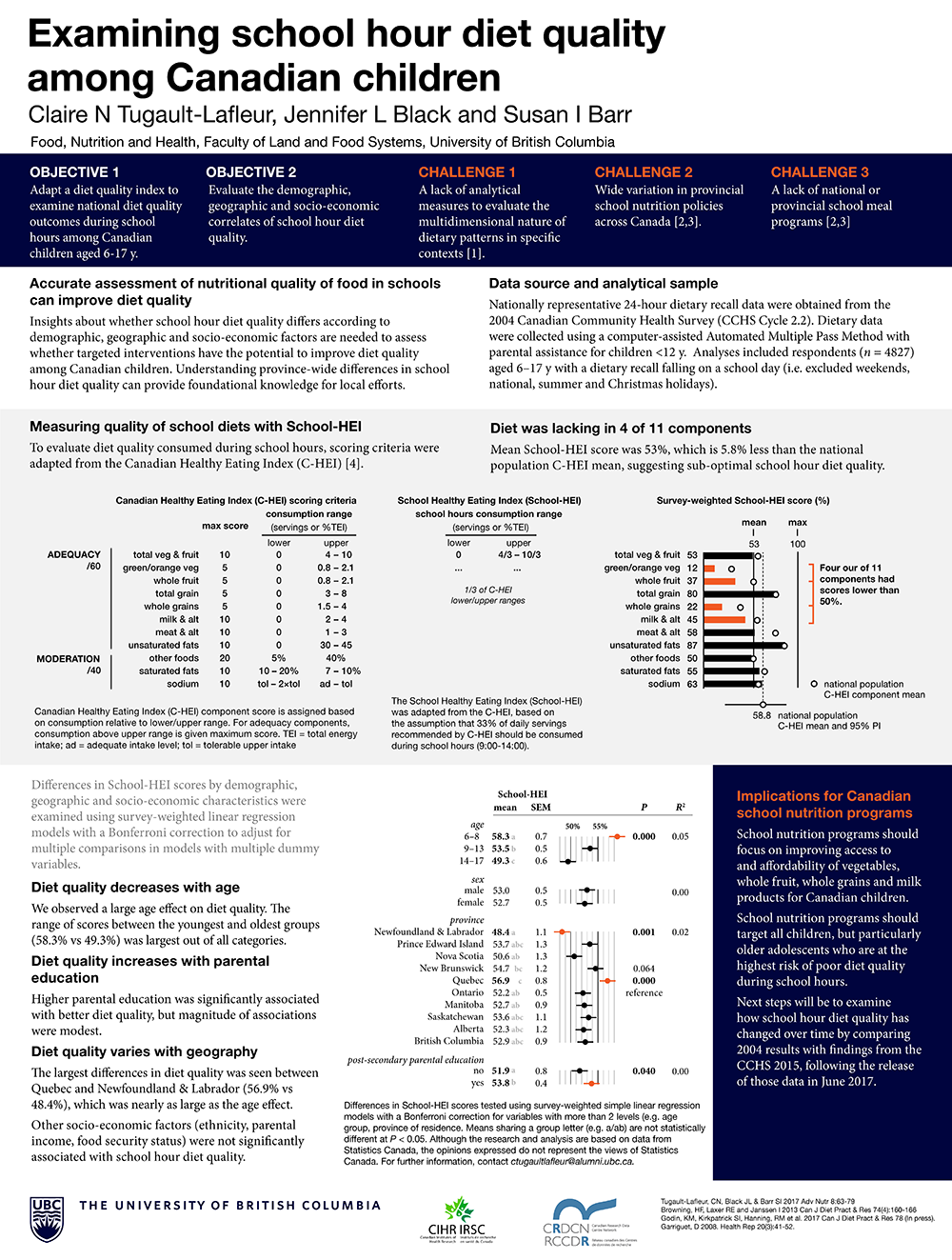
3.20 · Qualitative and quantitative Cdk control of the budding yeast cell cycle. Ercan, D.P. & Uhlmann, F.
Published in Sci Adv (2021) Jun 4;7(23).
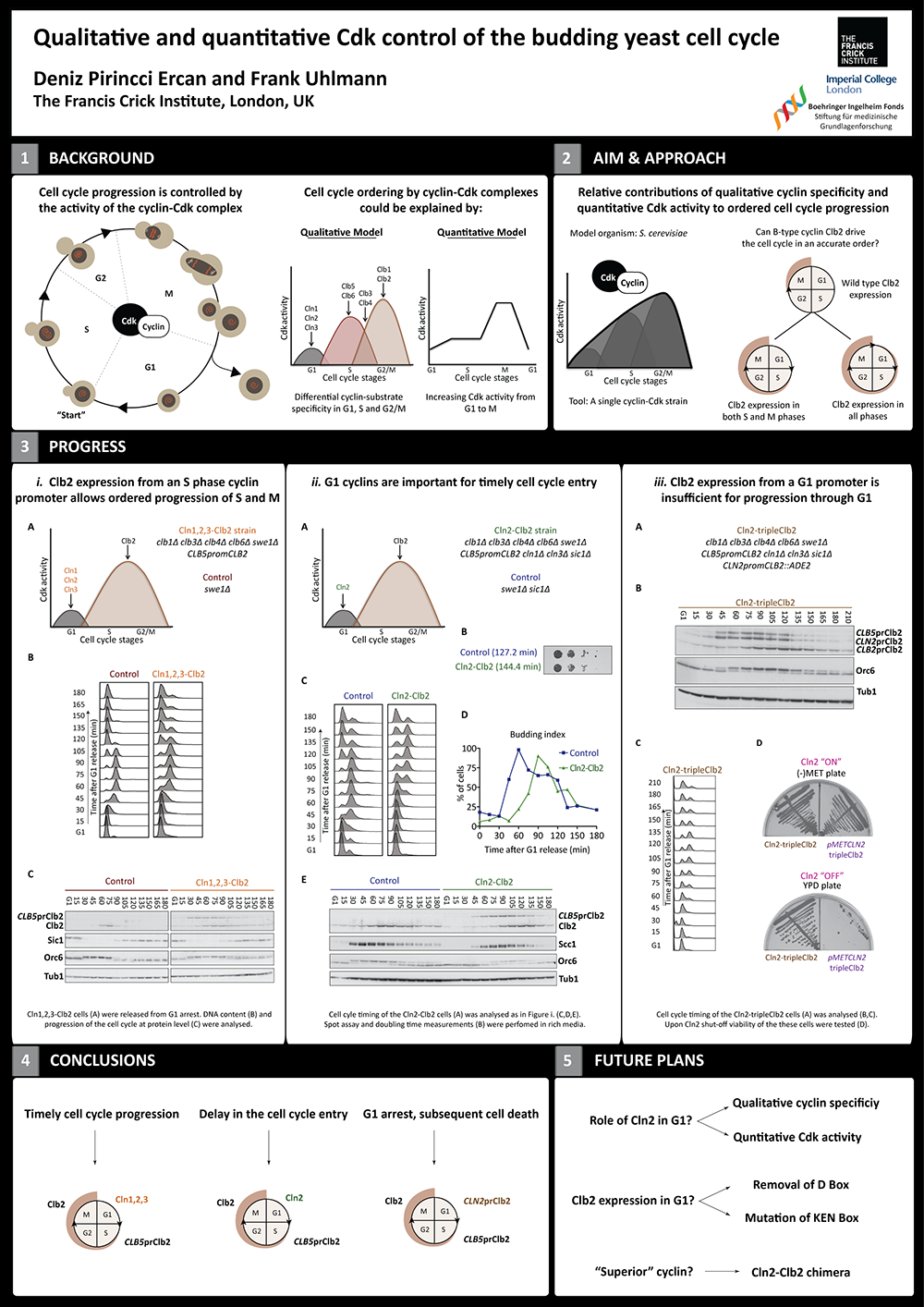
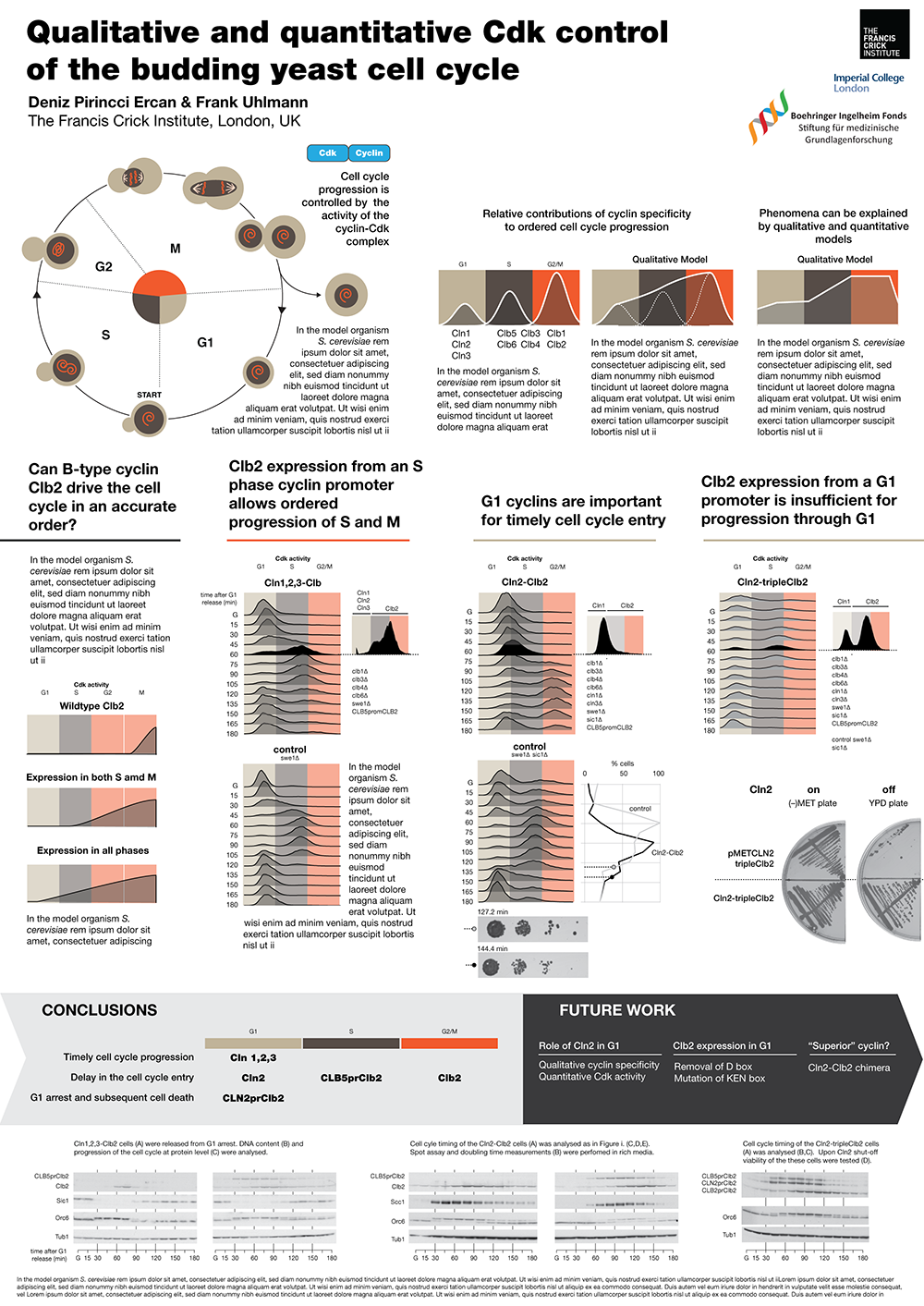

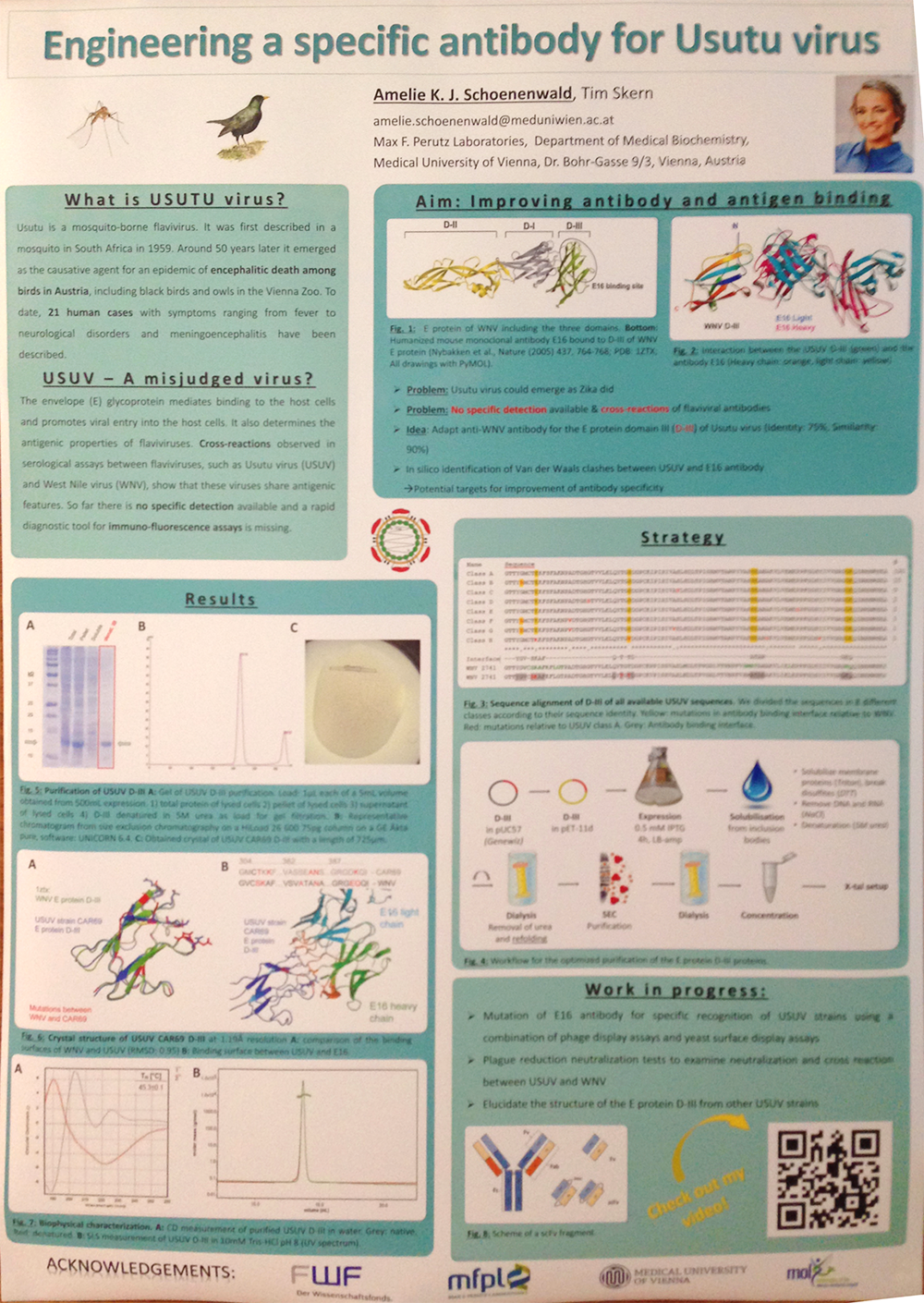
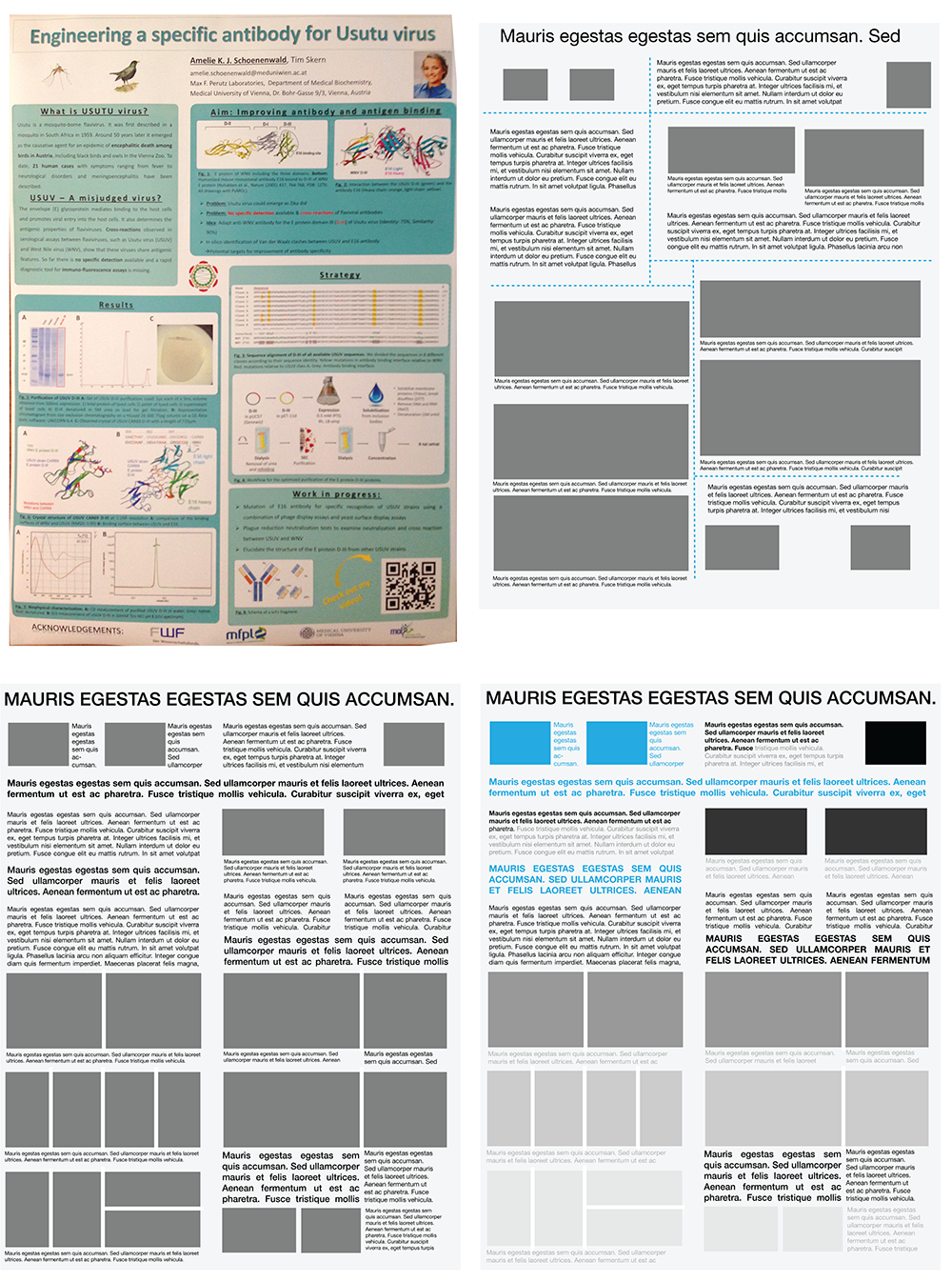
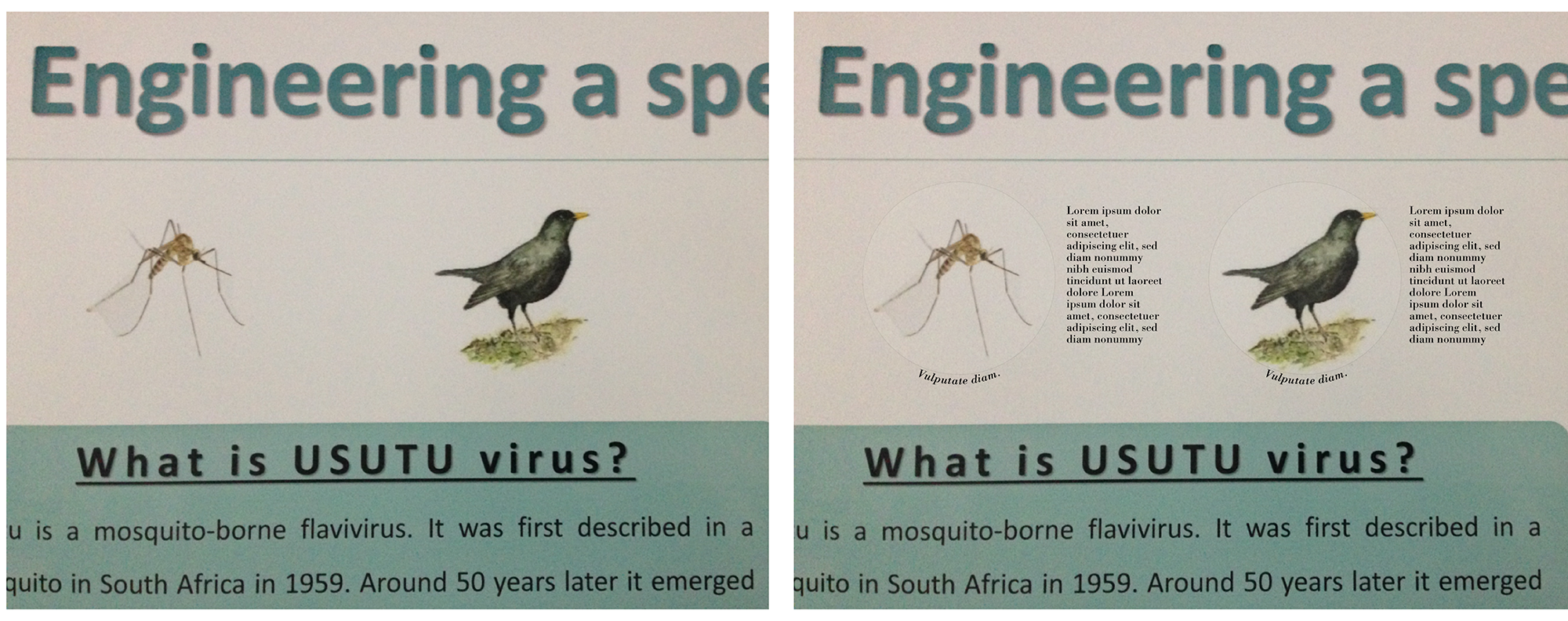

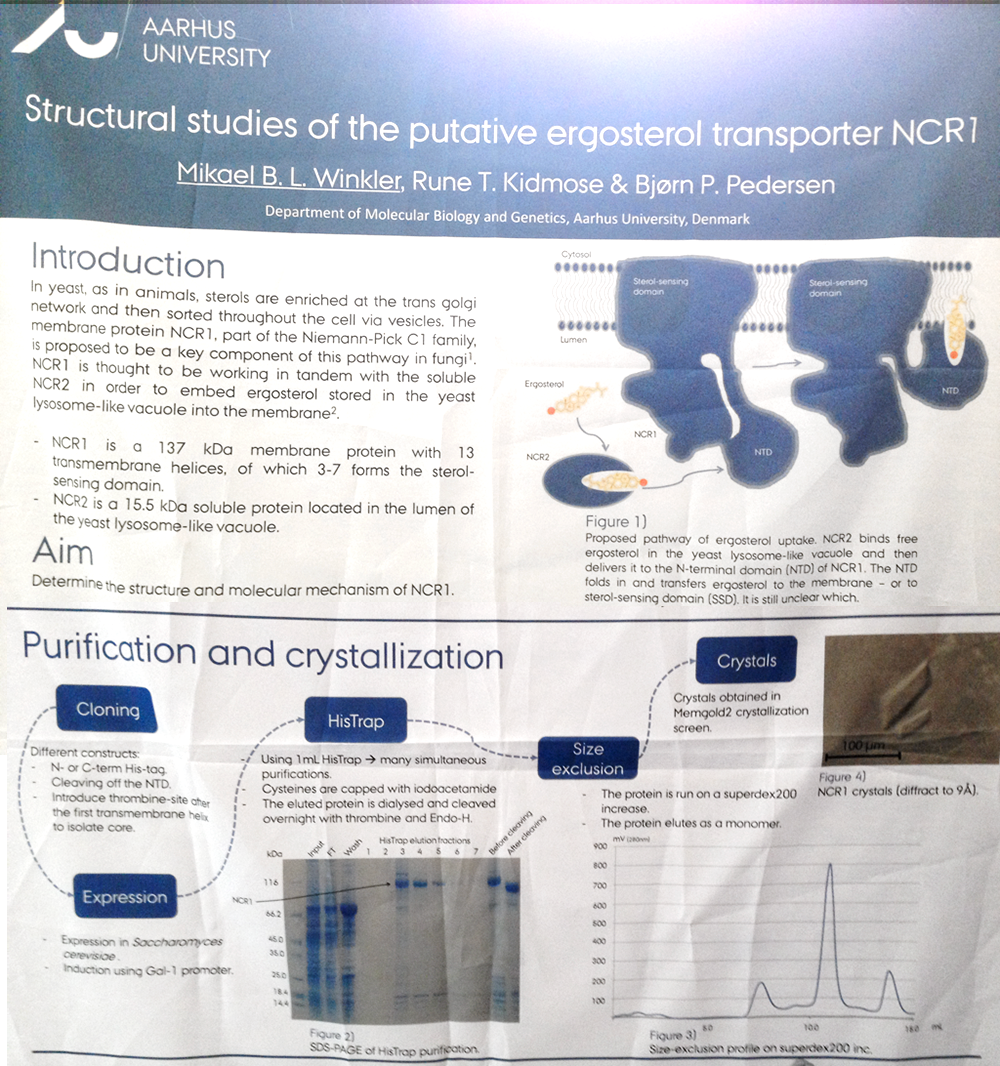
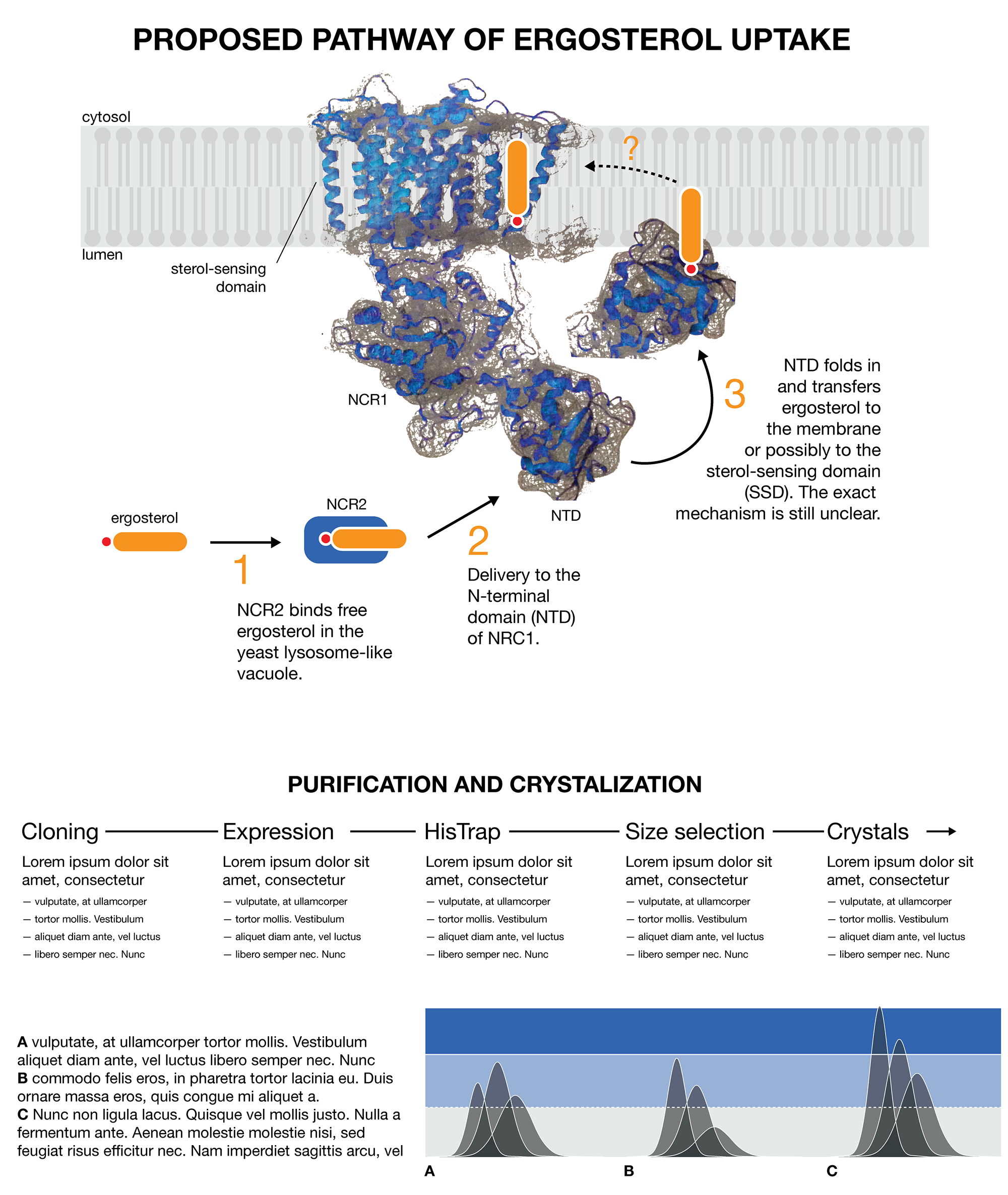
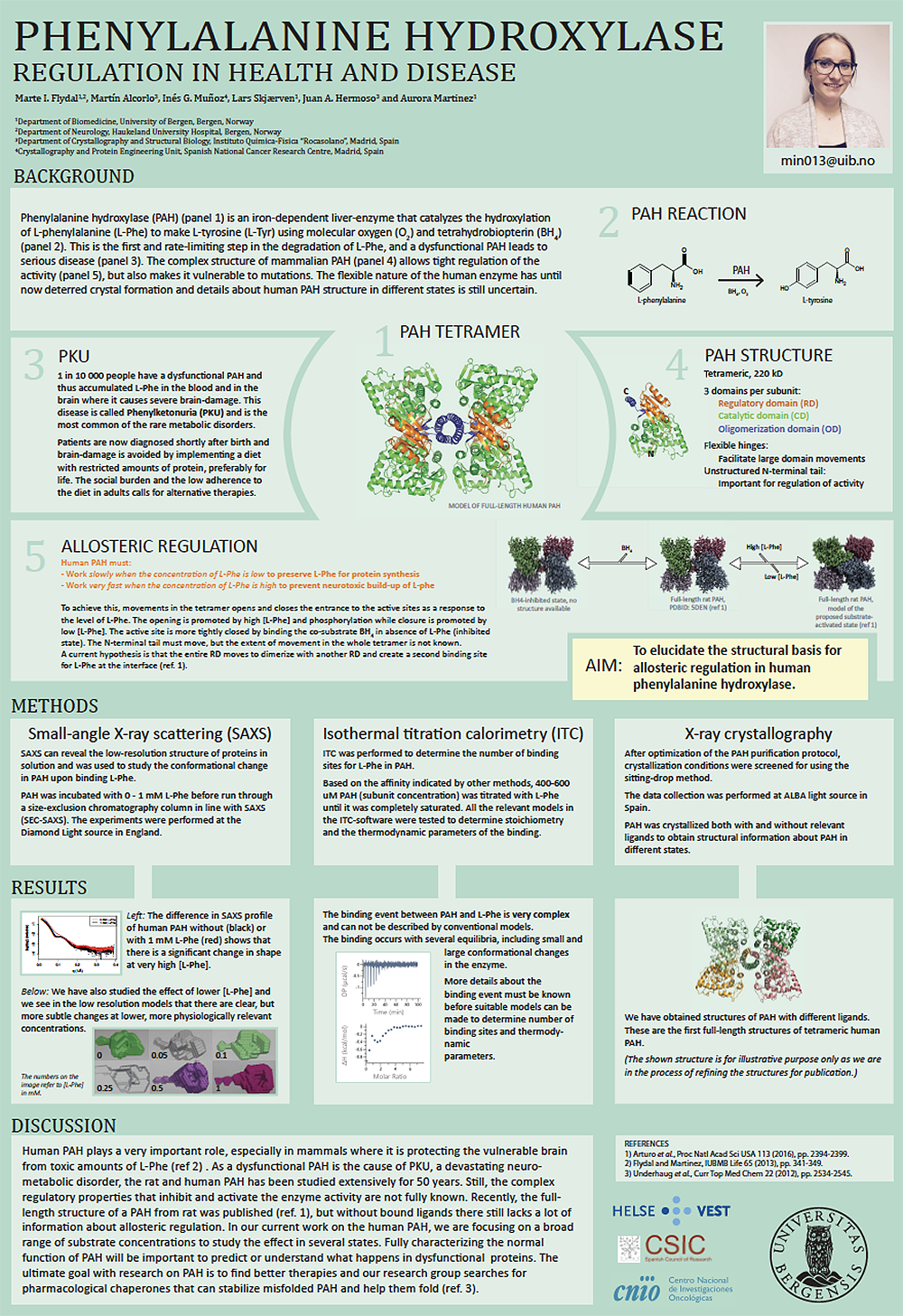
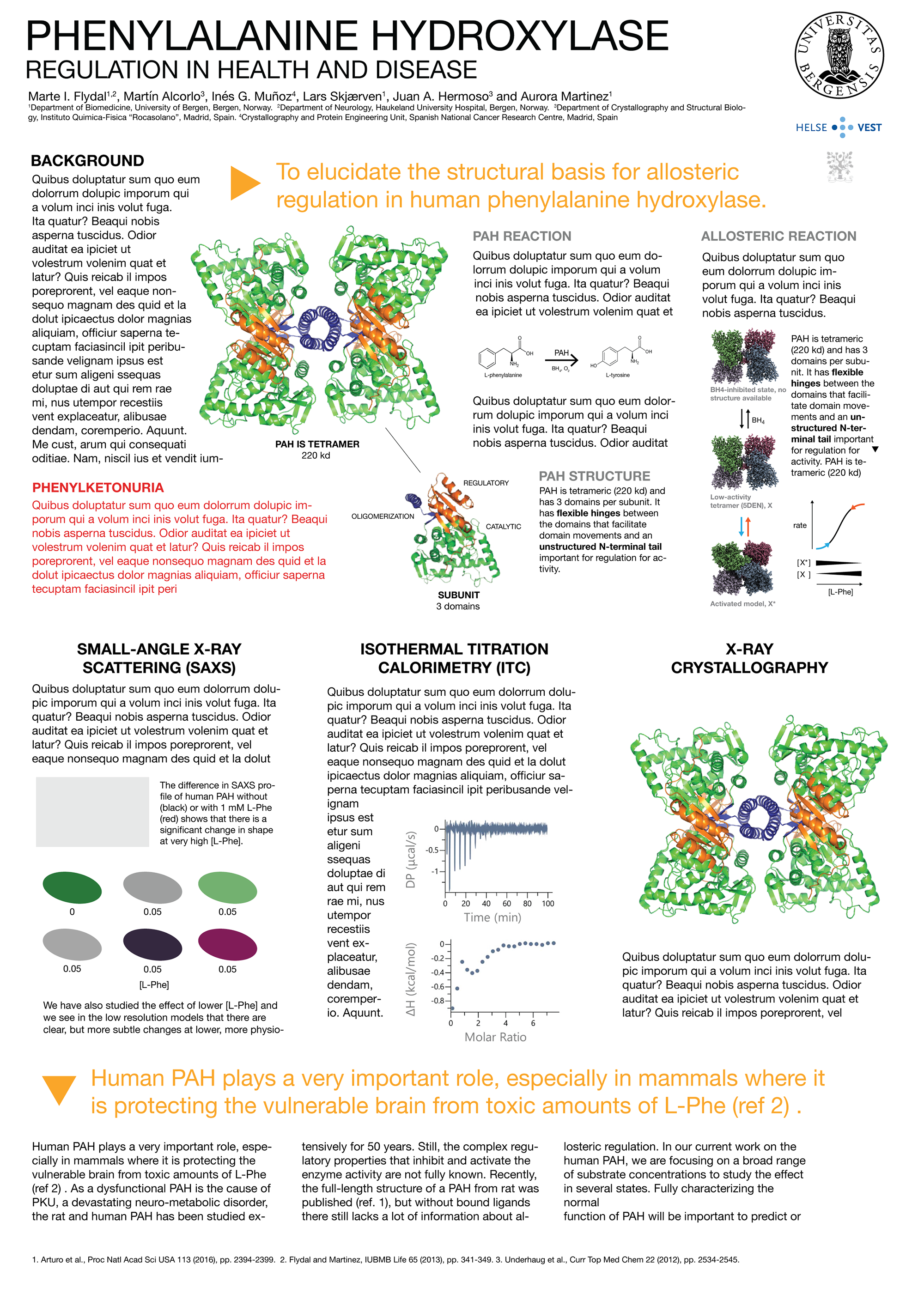
3.24 · Microstructural analysis of the protein-DNA interactions at the emergence of the spontaneous point mutations in DNA. Brovarets' O.O. & Hovorun D.M.
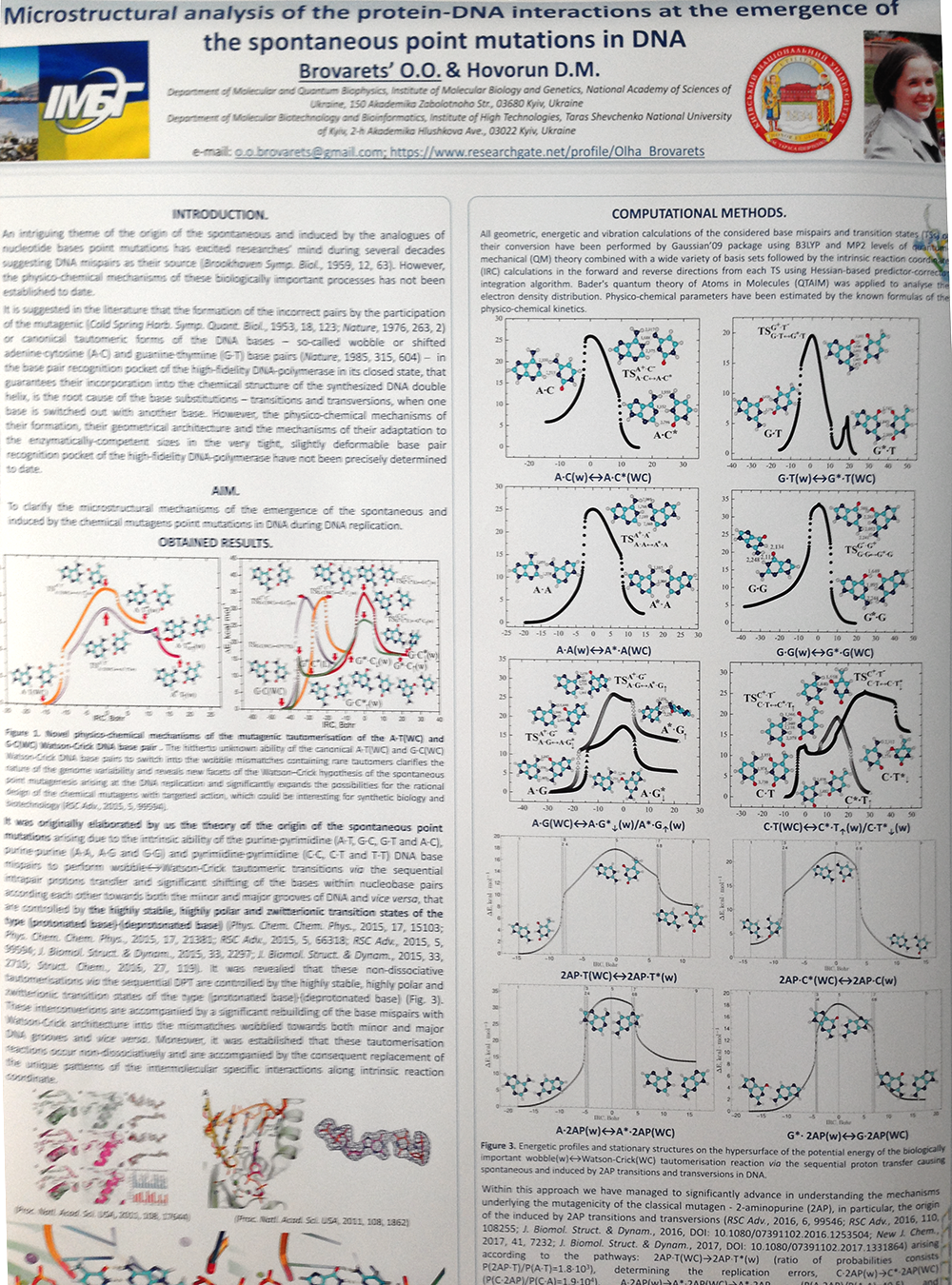
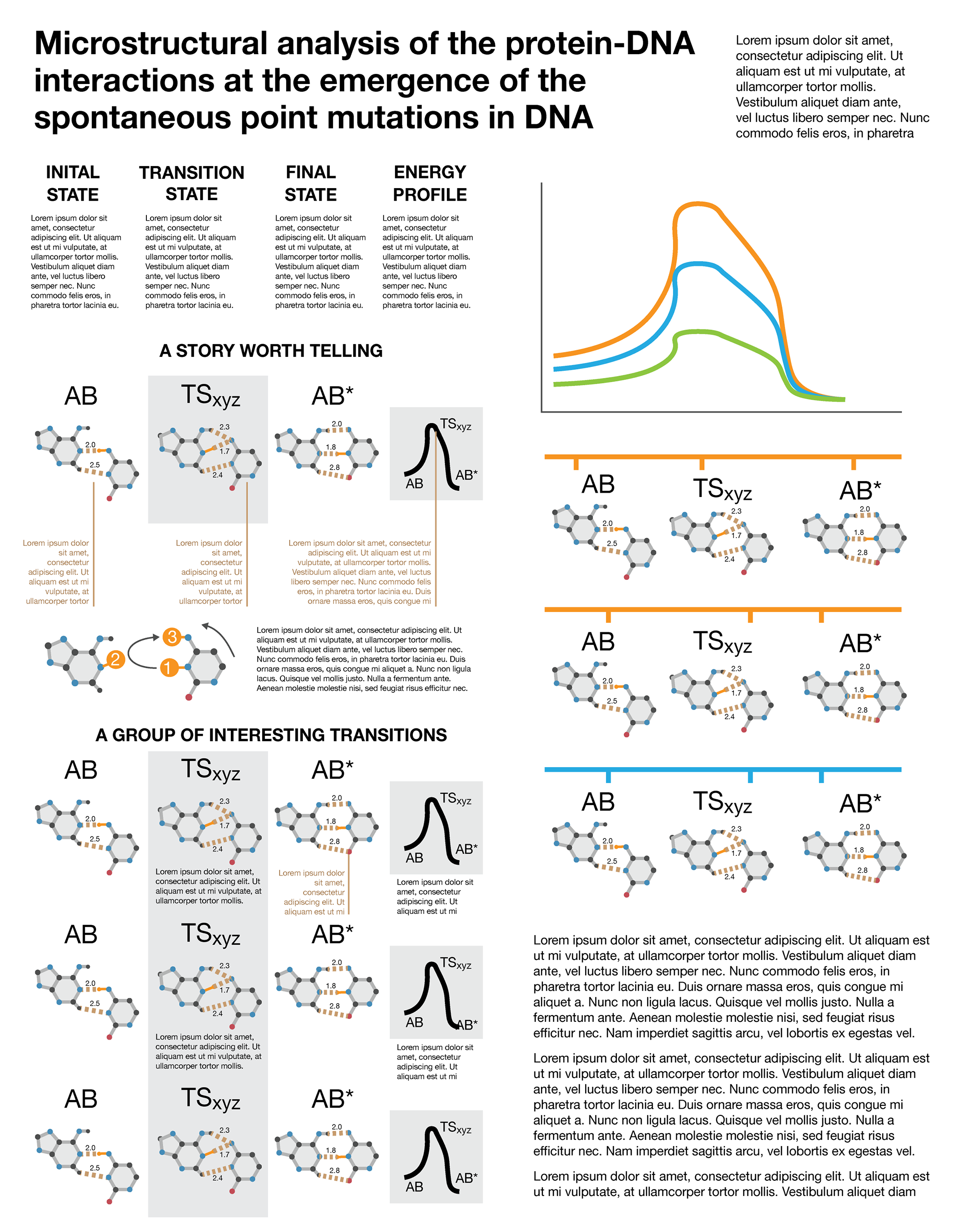
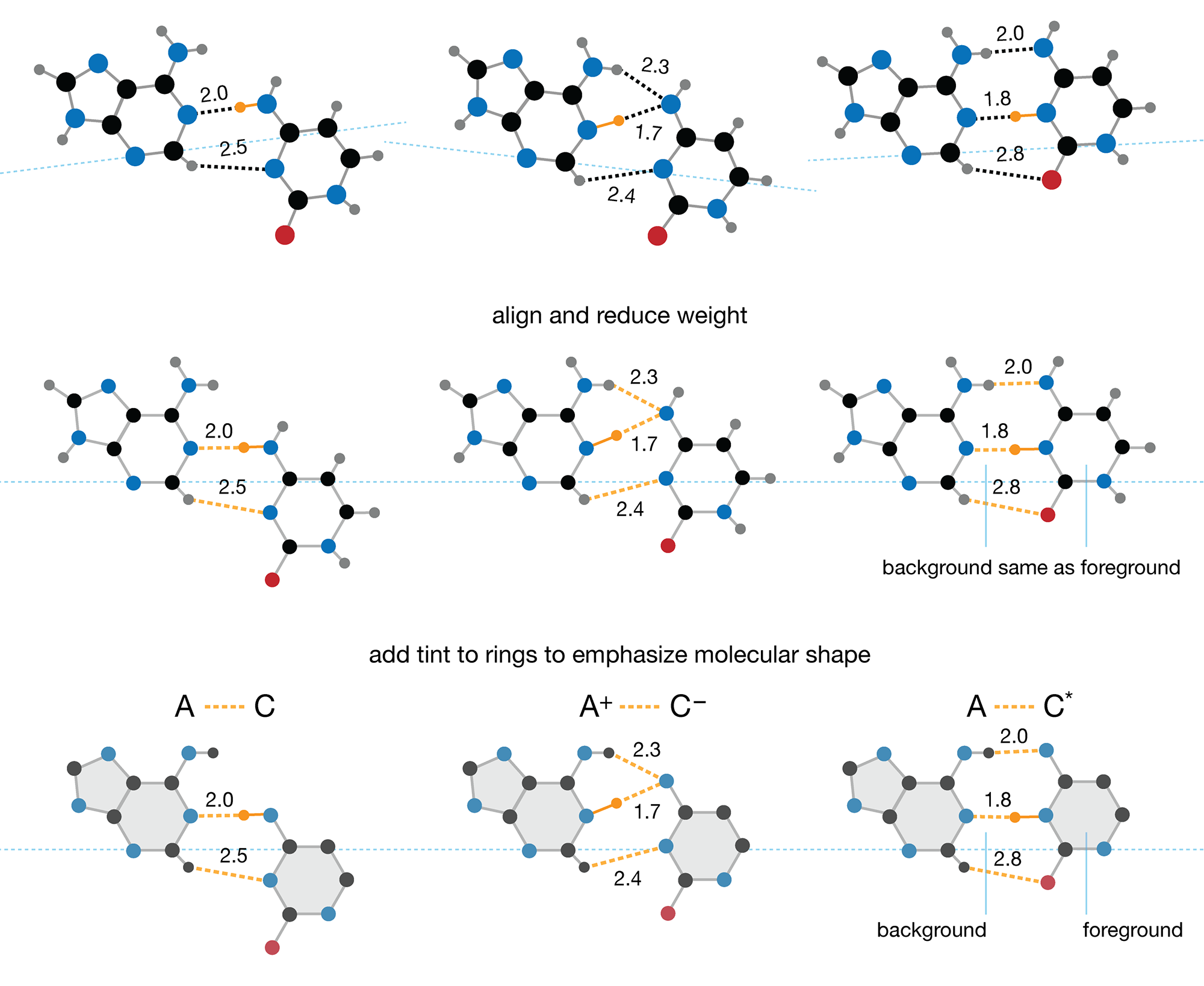
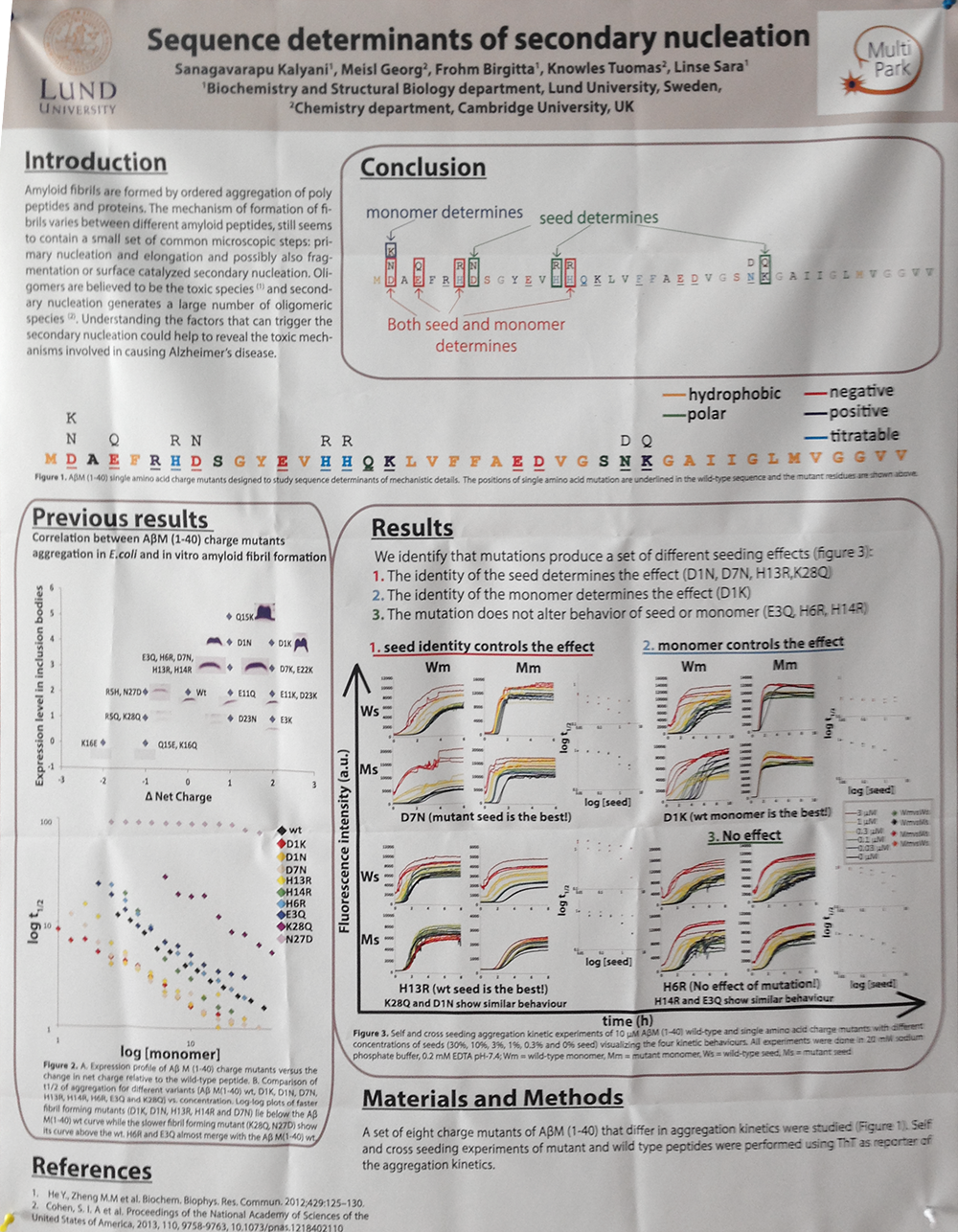
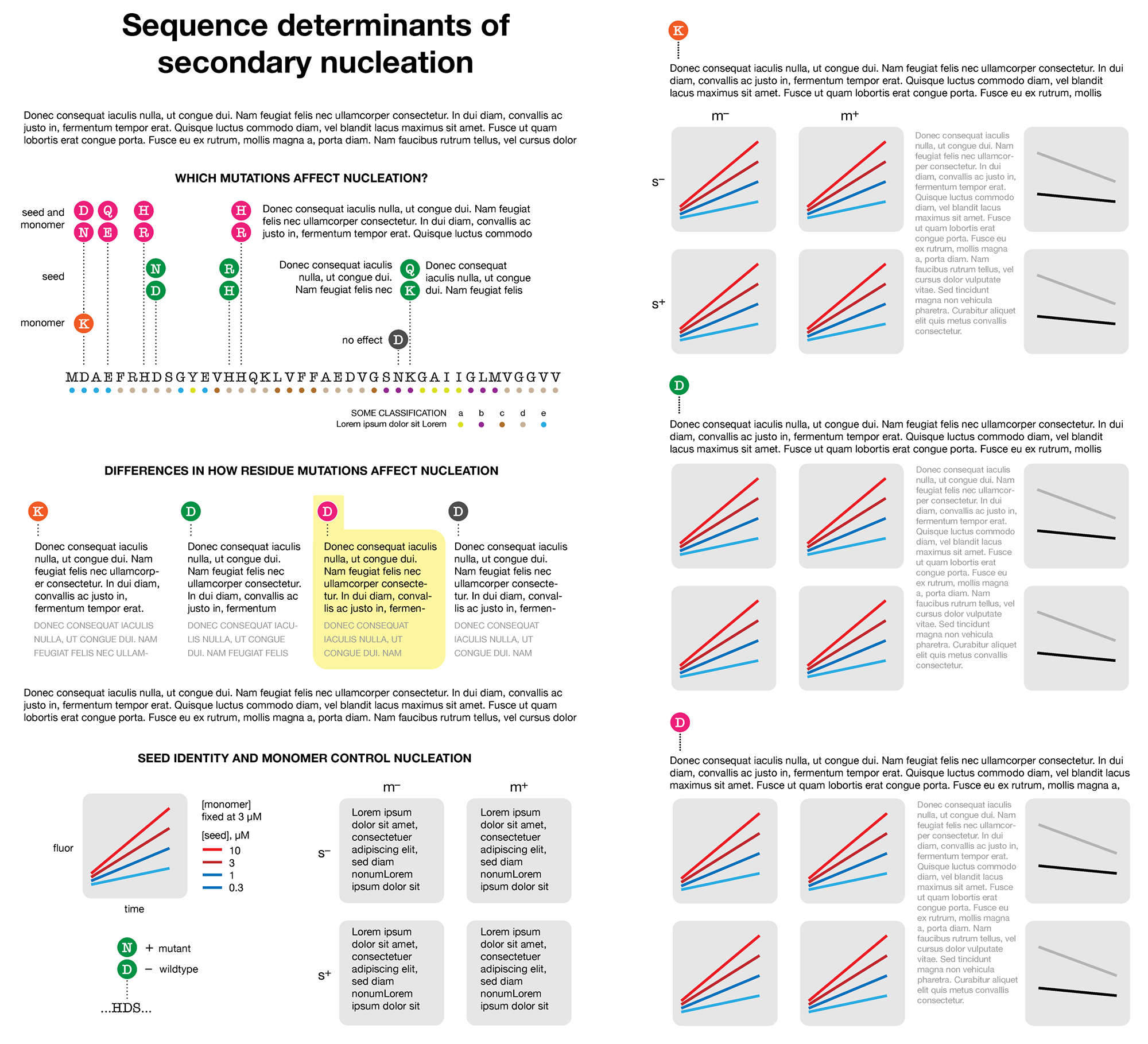
3.26 · Real-time imaging of live cell membrane using laser trapping, reflectance confocal microscopy, and multiphoton fluorescence microscopy. Tian, Y. et al.
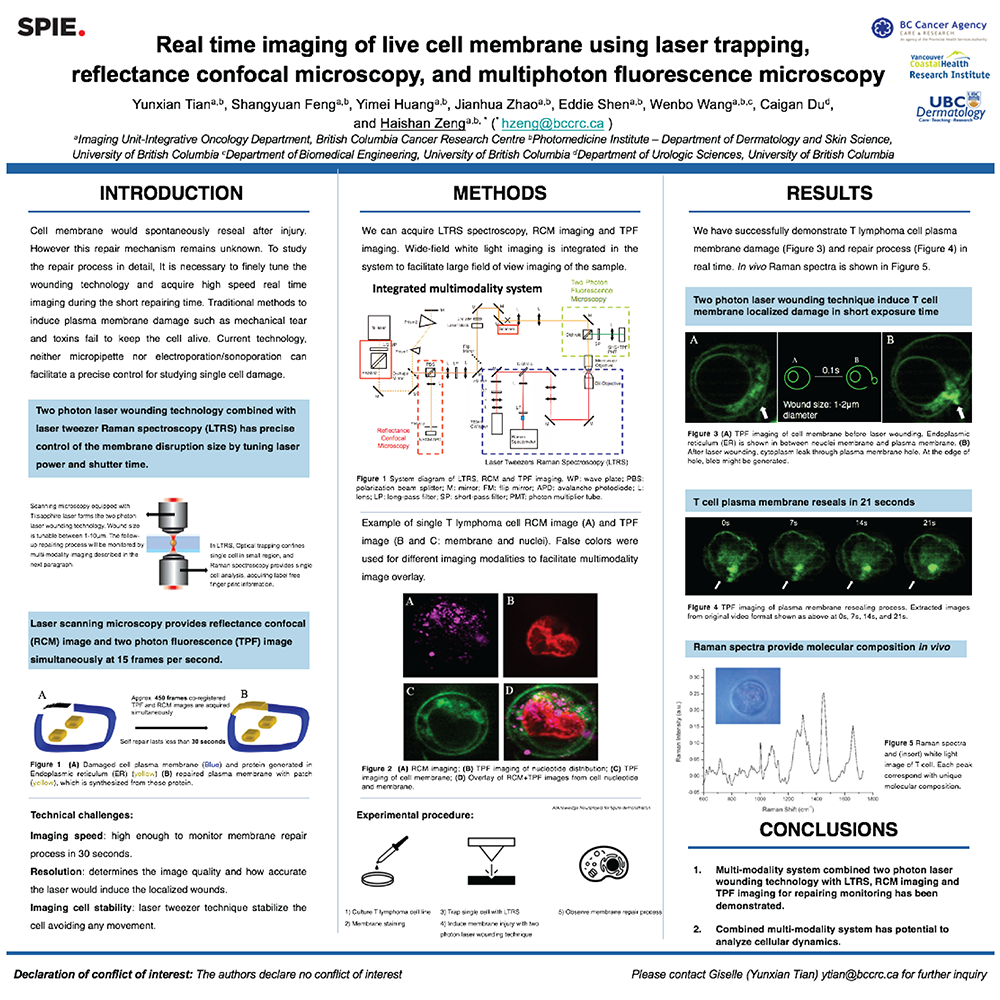
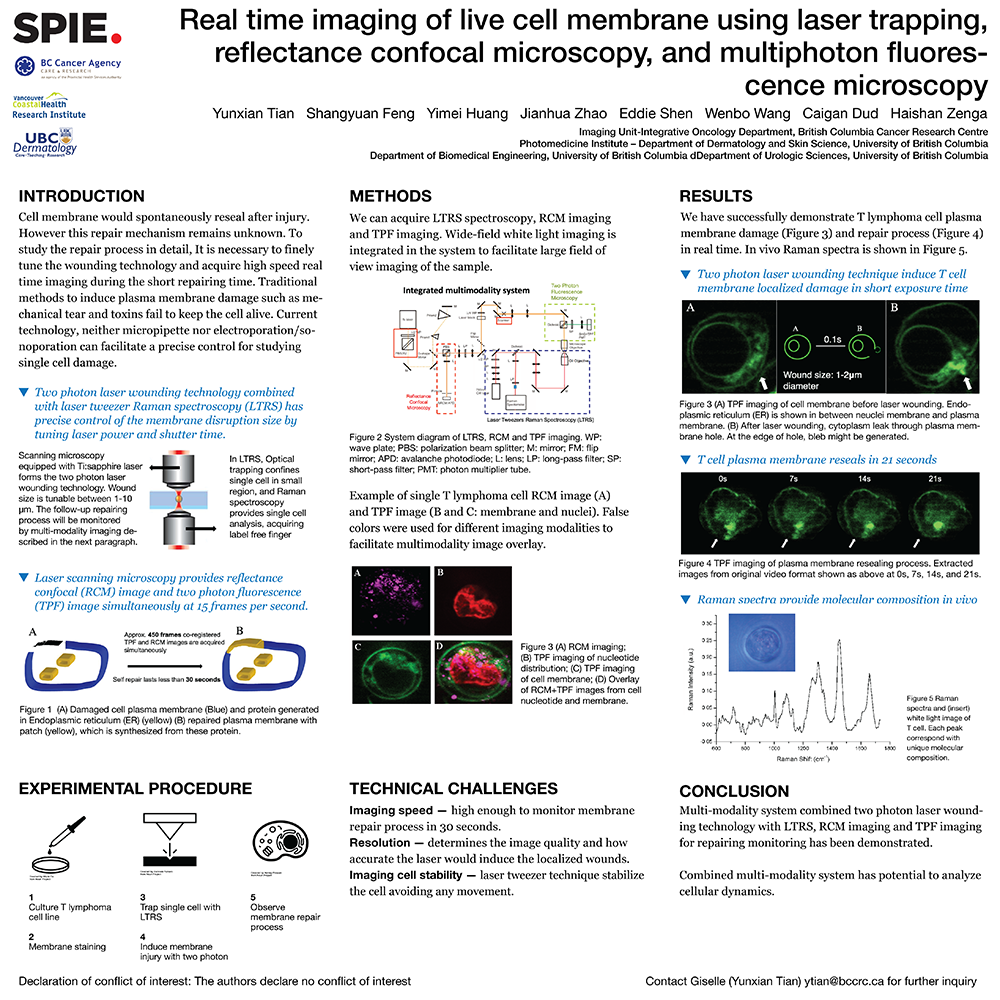
3.27 · Characterization of alternative 3'UTR mRNA polyadenylation site-selection in human cancer. Tortora, D. et al.
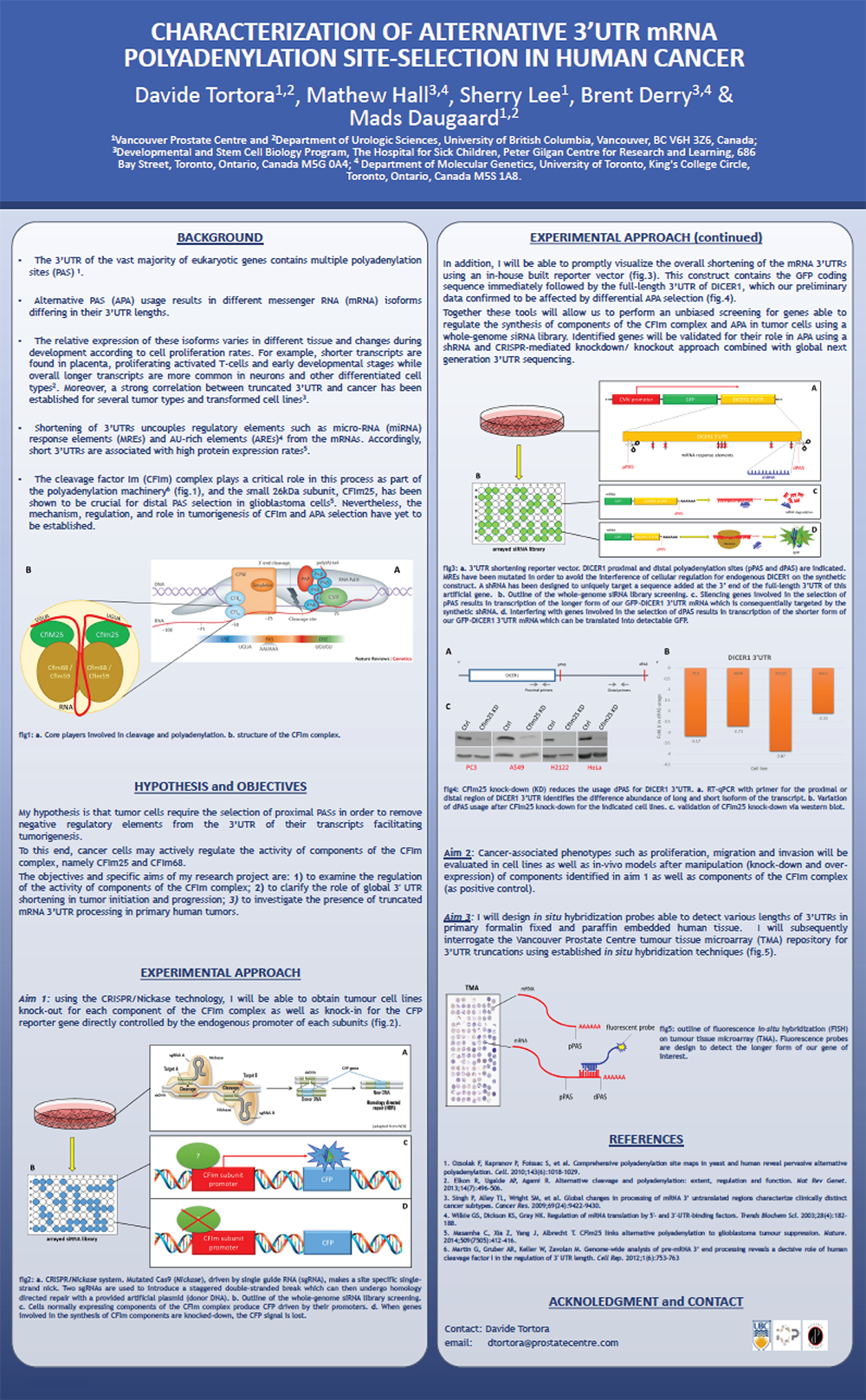
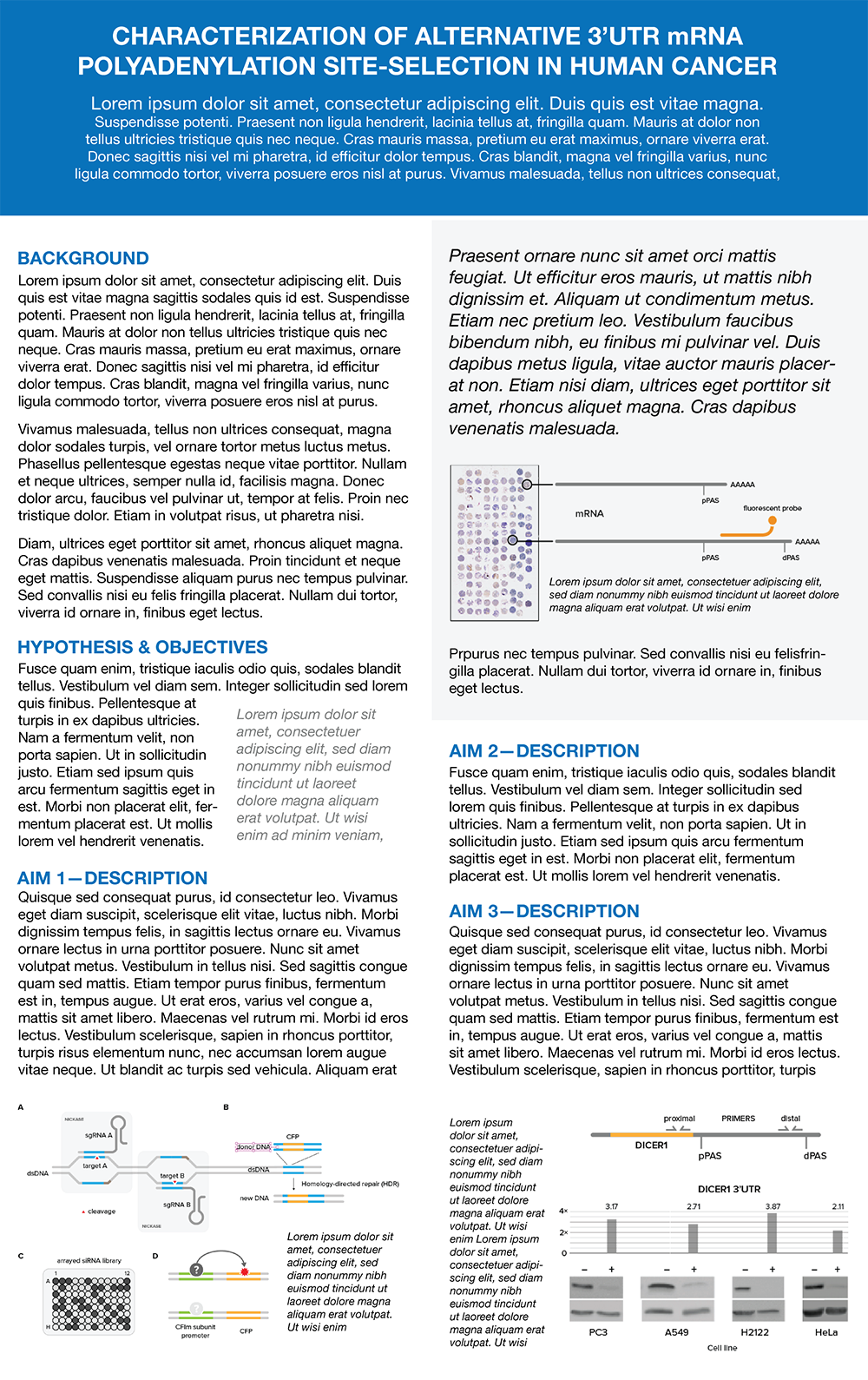
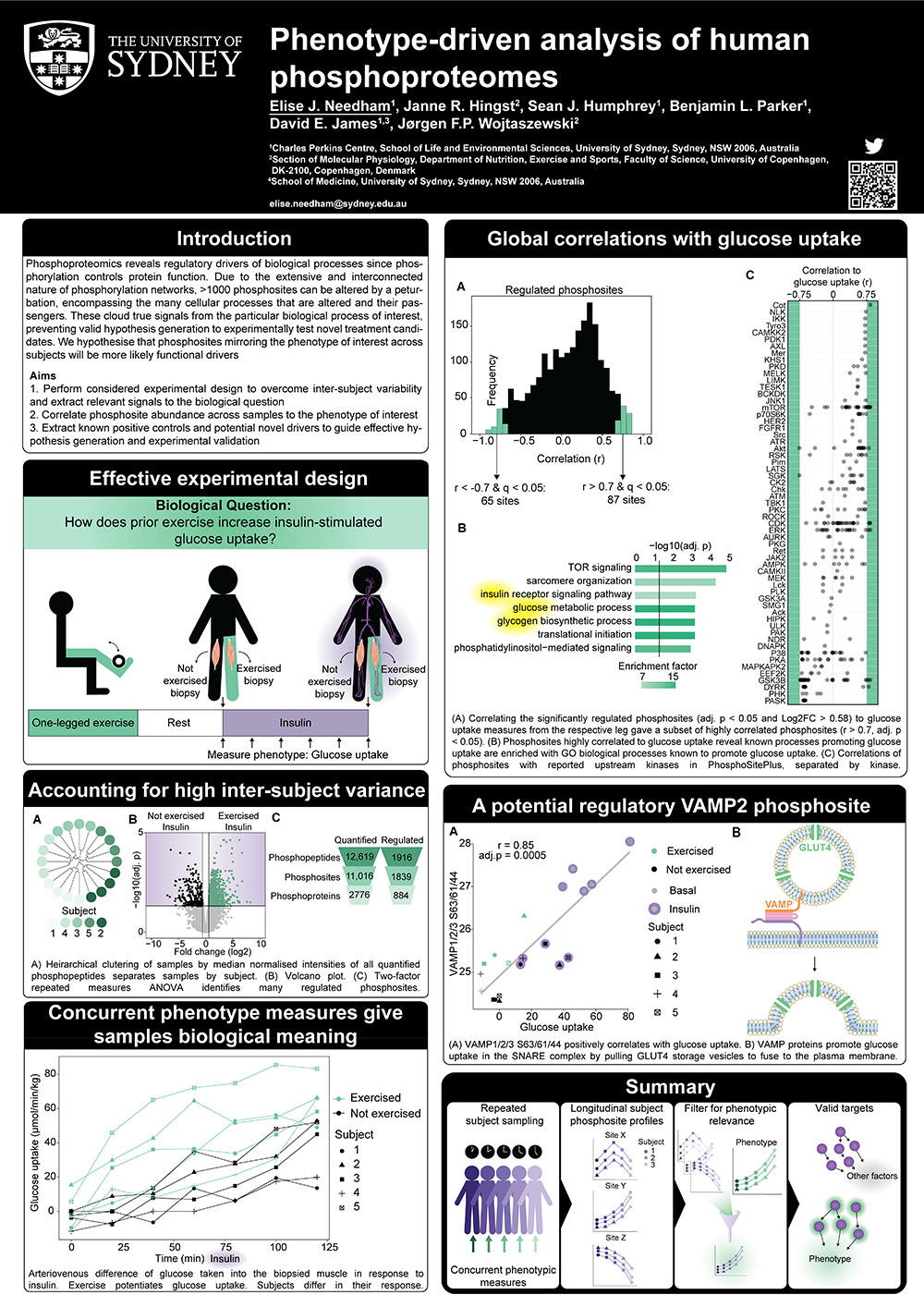
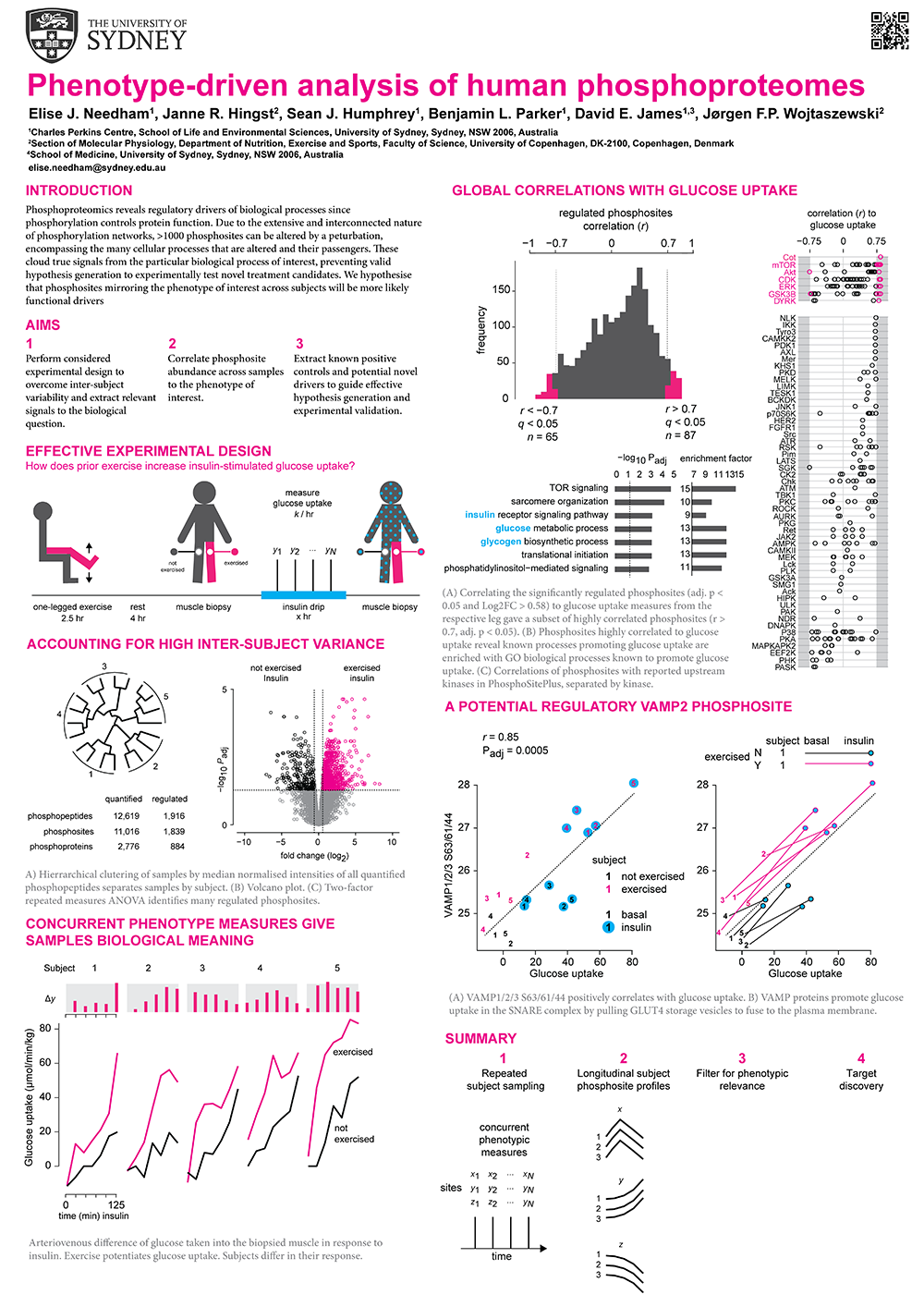
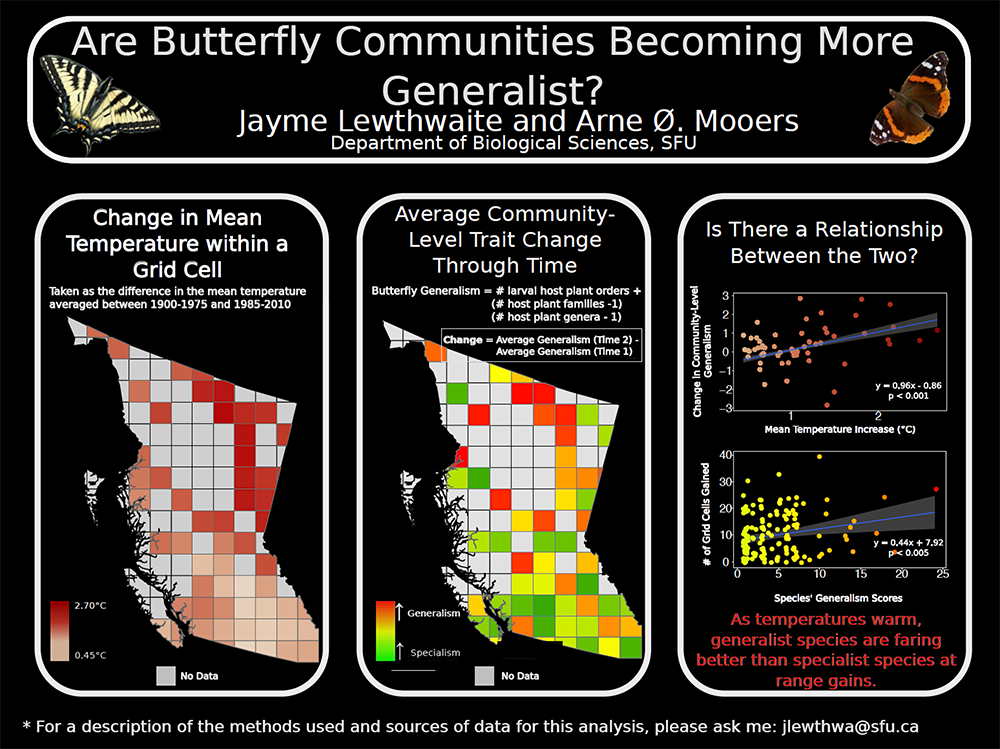
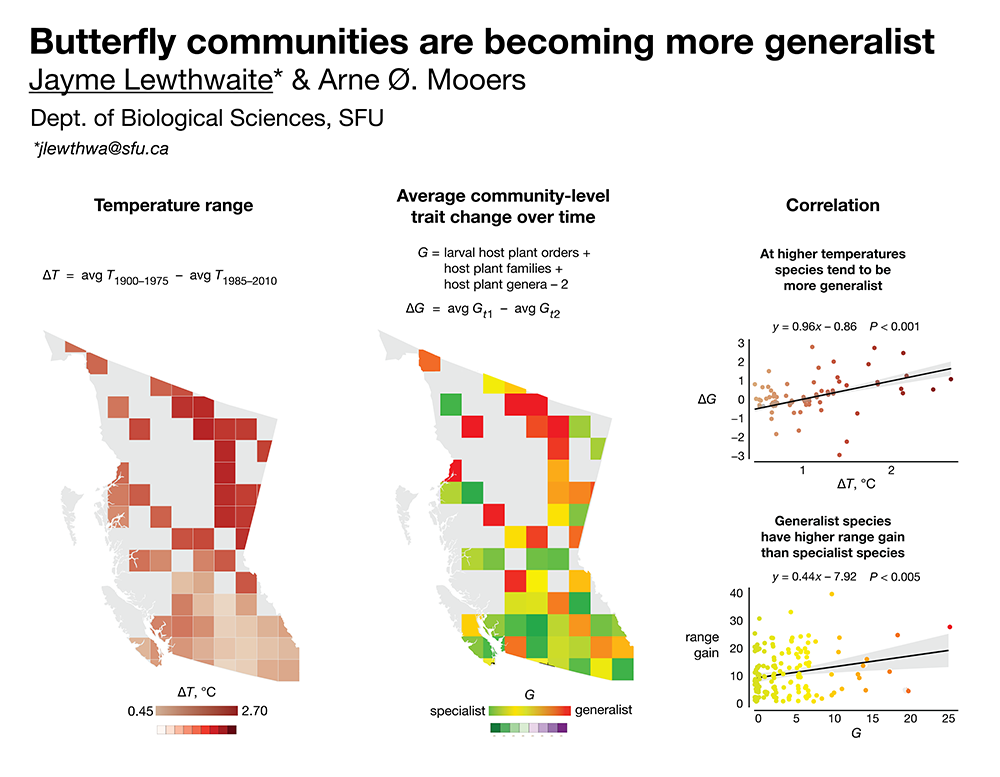
Beyond Belief Campaign BRCA Art
Fuelled by philanthropy, findings into the workings of BRCA1 and BRCA2 genes have led to groundbreaking research and lifesaving innovations to care for families facing cancer.
This set of 100 one-of-a-kind prints explore the structure of these genes. Each artwork is unique — if you put them all together, you get the full sequence of the BRCA1 and BRCA2 proteins.
Propensity score weighting
The needs of the many outweigh the needs of the few. —Mr. Spock (Star Trek II)
This month, we explore a related and powerful technique to address bias: propensity score weighting (PSW), which applies weights to each subject instead of matching (or discarding) them.
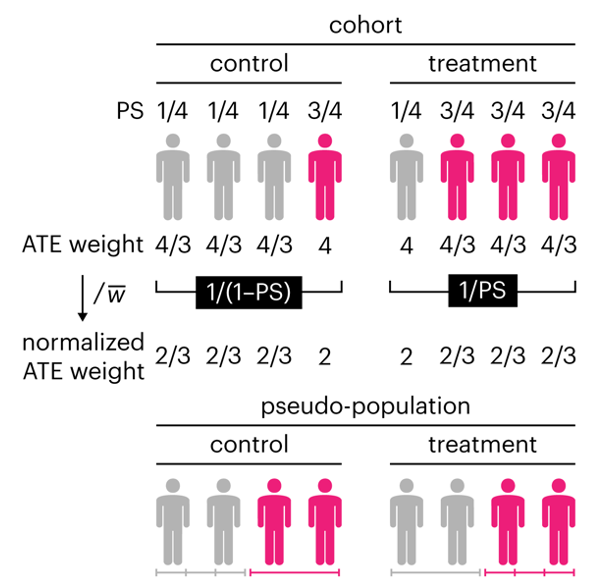
Kurz, C.F., Krzywinski, M. & Altman, N. (2025) Points of significance: Propensity score weighting. Nat. Methods 22:1–3.
Happy 2025 π Day—
TTCAGT: a sequence of digits
Celebrate π Day (March 14th) and sequence digits like its 1999. Let's call some peaks.
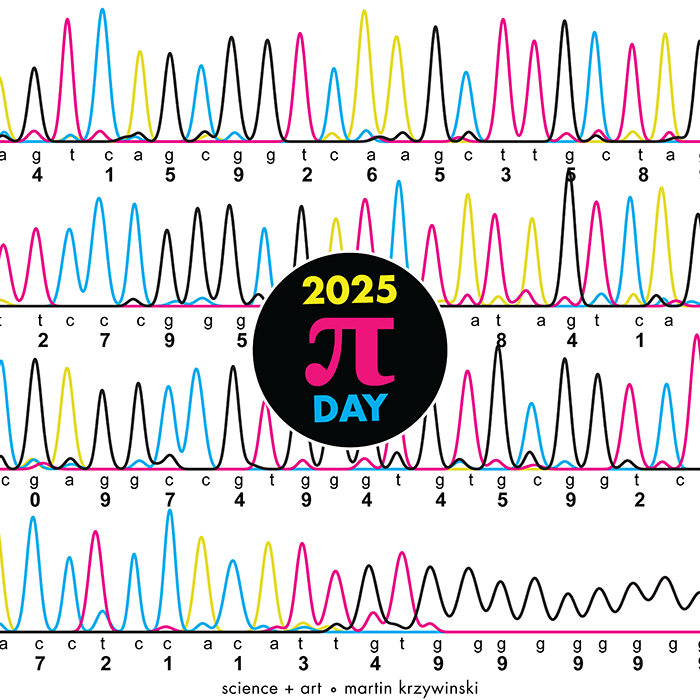
Crafting 10 Years of Statistics Explanations: Points of Significance
I don’t have good luck in the match points. —Rafael Nadal, Spanish tennis player
Points of Significance is an ongoing series of short articles about statistics in Nature Methods that started in 2013. Its aim is to provide clear explanations of essential concepts in statistics for a nonspecialist audience. The articles favor heuristic explanations and make extensive use of simulated examples and graphical explanations, while maintaining mathematical rigor.
Topics range from basic, but often misunderstood, such as uncertainty and P-values, to relatively advanced, but often neglected, such as the error-in-variables problem and the curse of dimensionality. More recent articles have focused on timely topics such as modeling of epidemics, machine learning, and neural networks.
In this article, we discuss the evolution of topics and details behind some of the story arcs, our approach to crafting statistical explanations and narratives, and our use of figures and numerical simulations as props for building understanding.
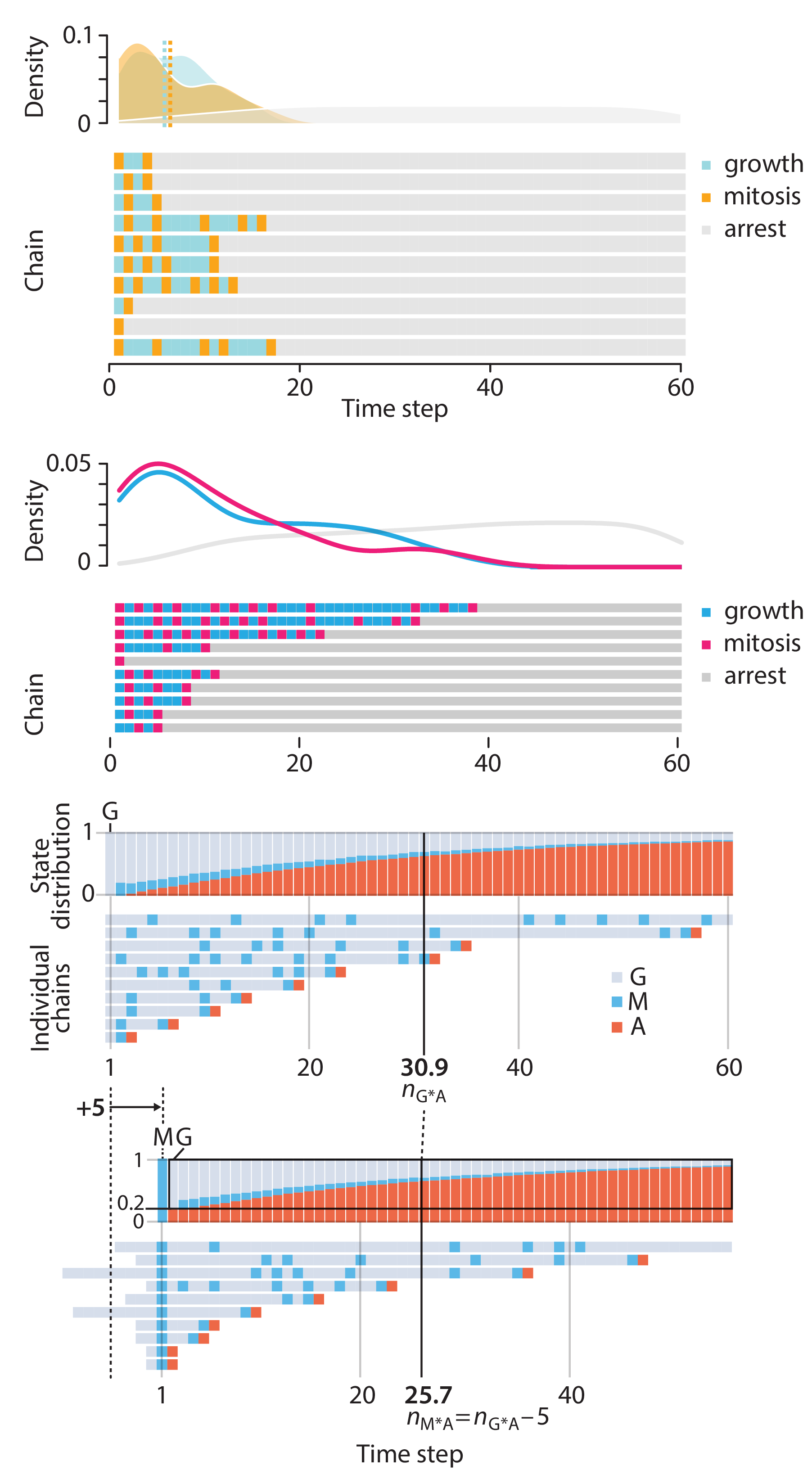
Altman, N. & Krzywinski, M. (2025) Crafting 10 Years of Statistics Explanations: Points of Significance. Annual Review of Statistics and Its Application 12:69–87.
Propensity score matching
I don’t have good luck in the match points. —Rafael Nadal, Spanish tennis player
In many experimental designs, we need to keep in mind the possibility of confounding variables, which may give rise to bias in the estimate of the treatment effect.
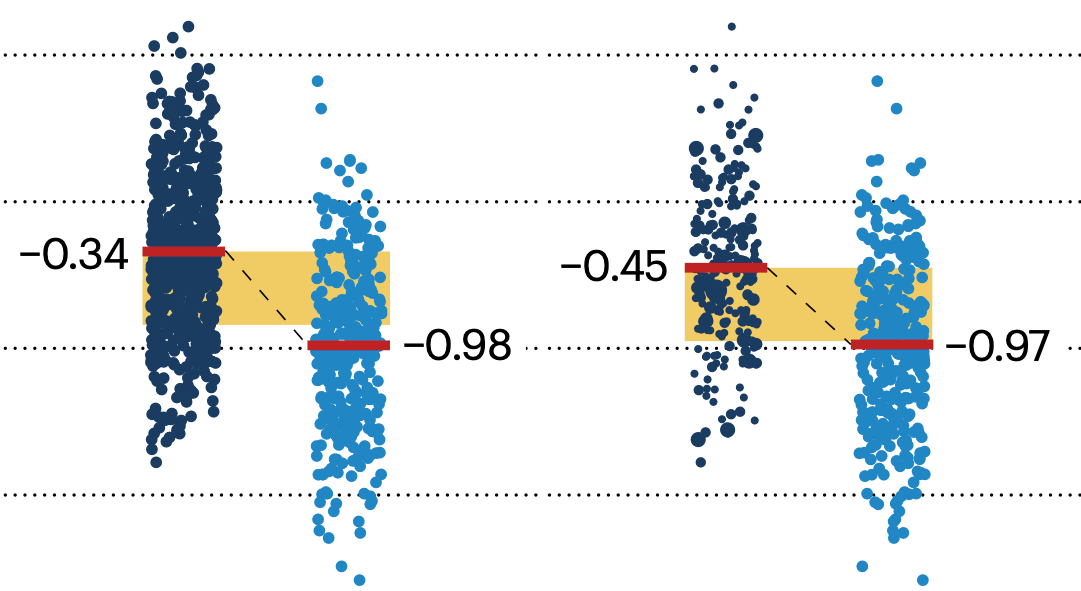
If the control and experimental groups aren't matched (or, roughly, similar enough), this bias can arise.
Sometimes this can be dealt with by randomizing, which on average can balance this effect out. When randomization is not possible, propensity score matching is an excellent strategy to match control and experimental groups.
Kurz, C.F., Krzywinski, M. & Altman, N. (2024) Points of significance: Propensity score matching. Nat. Methods 21:1770–1772.
